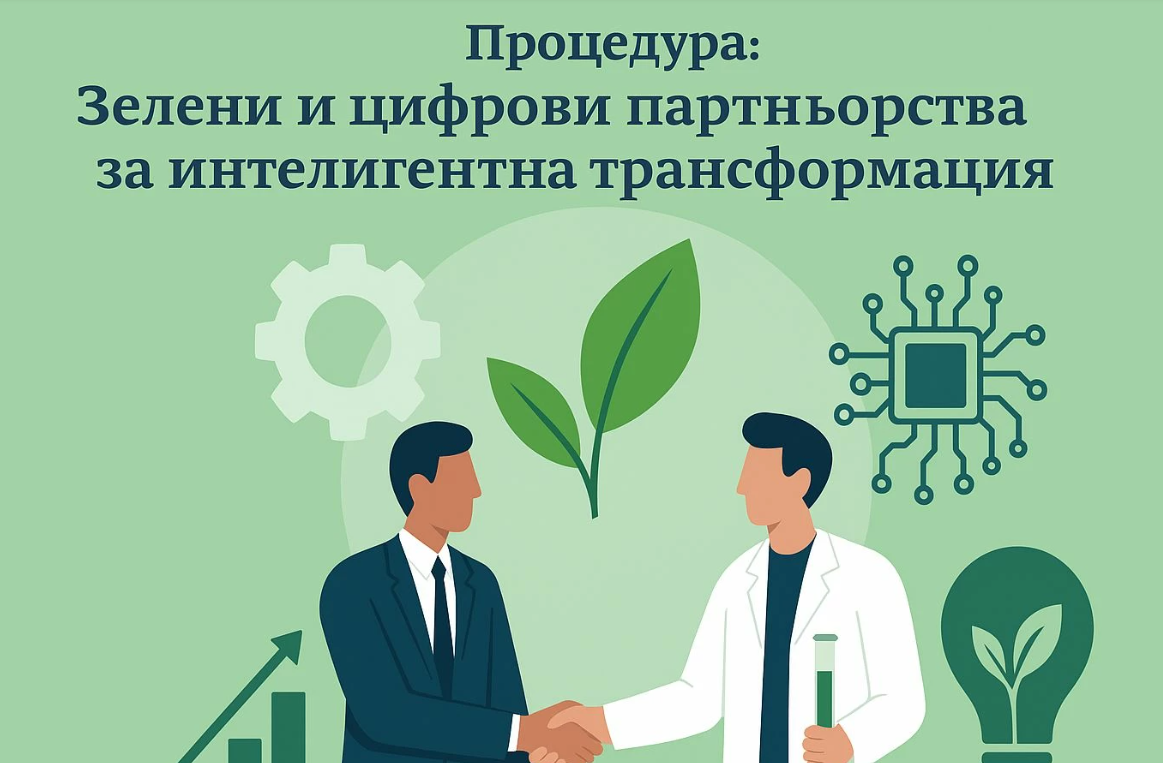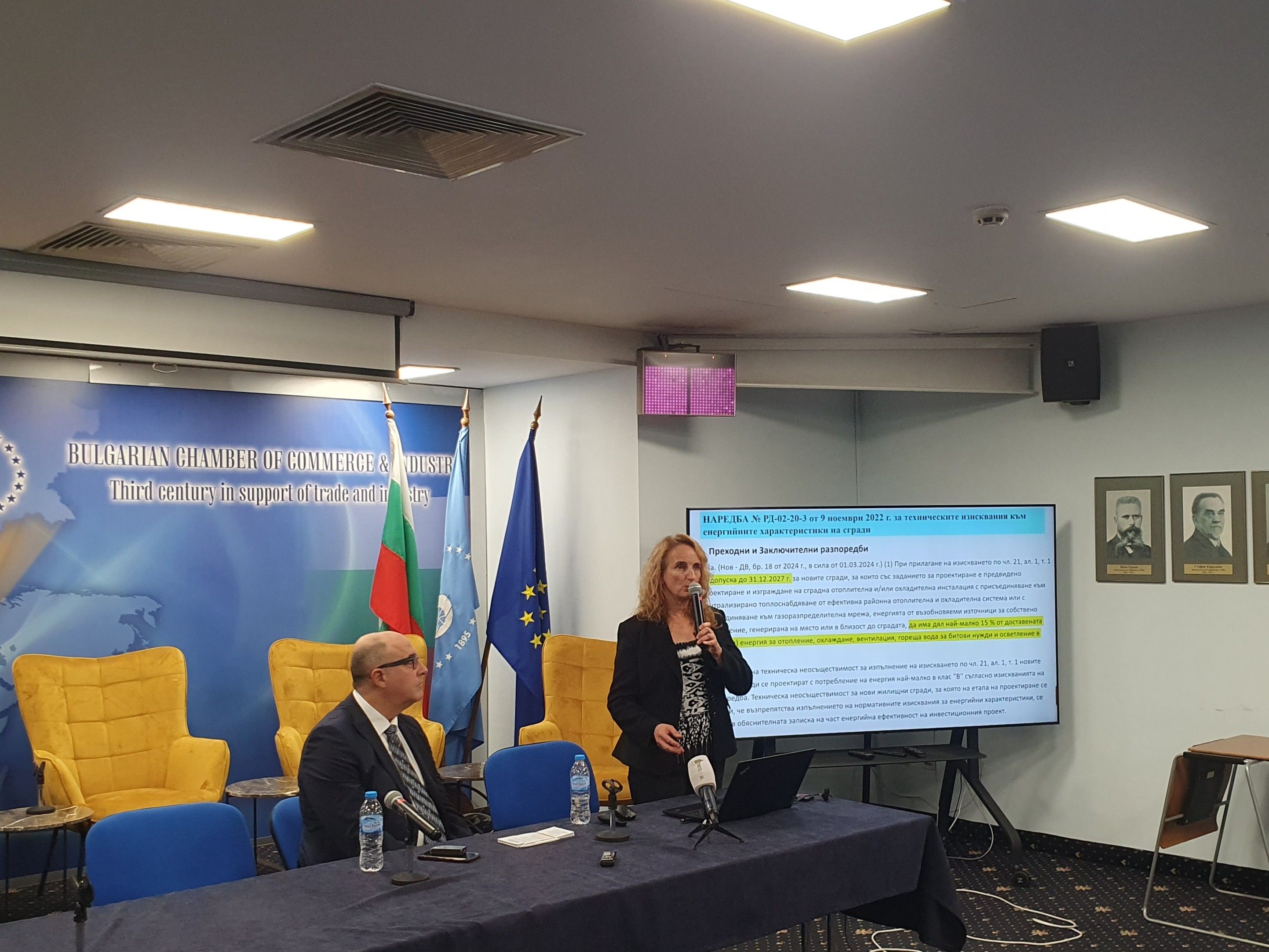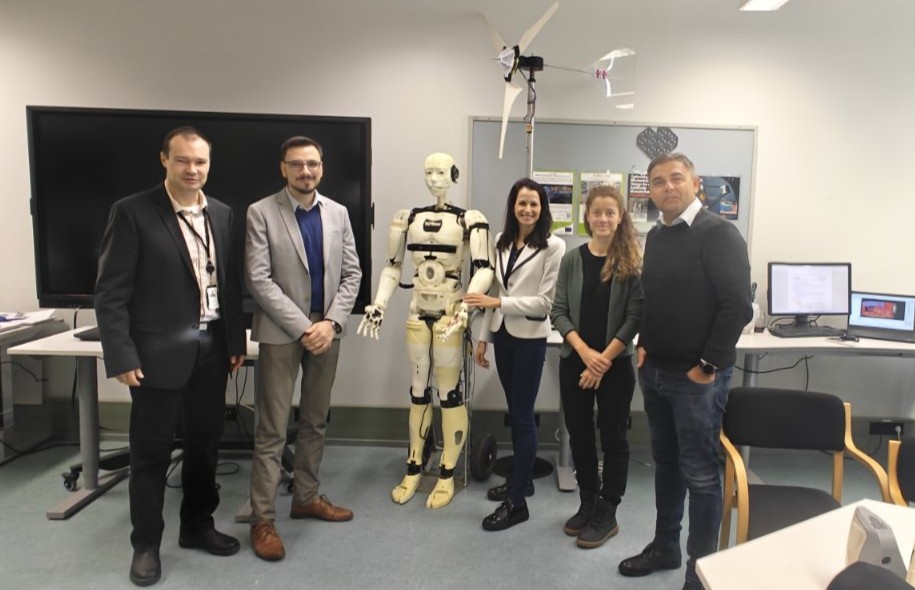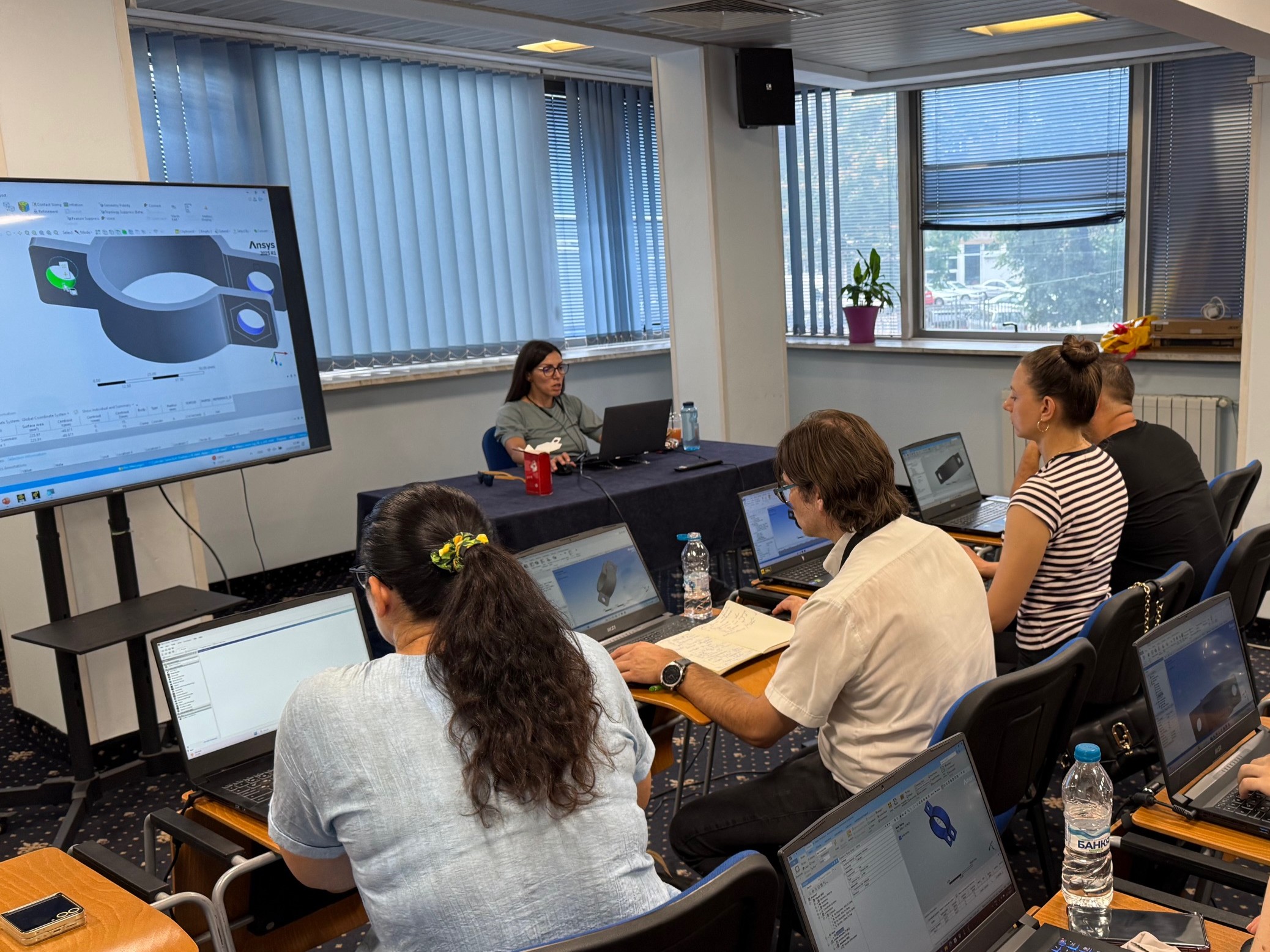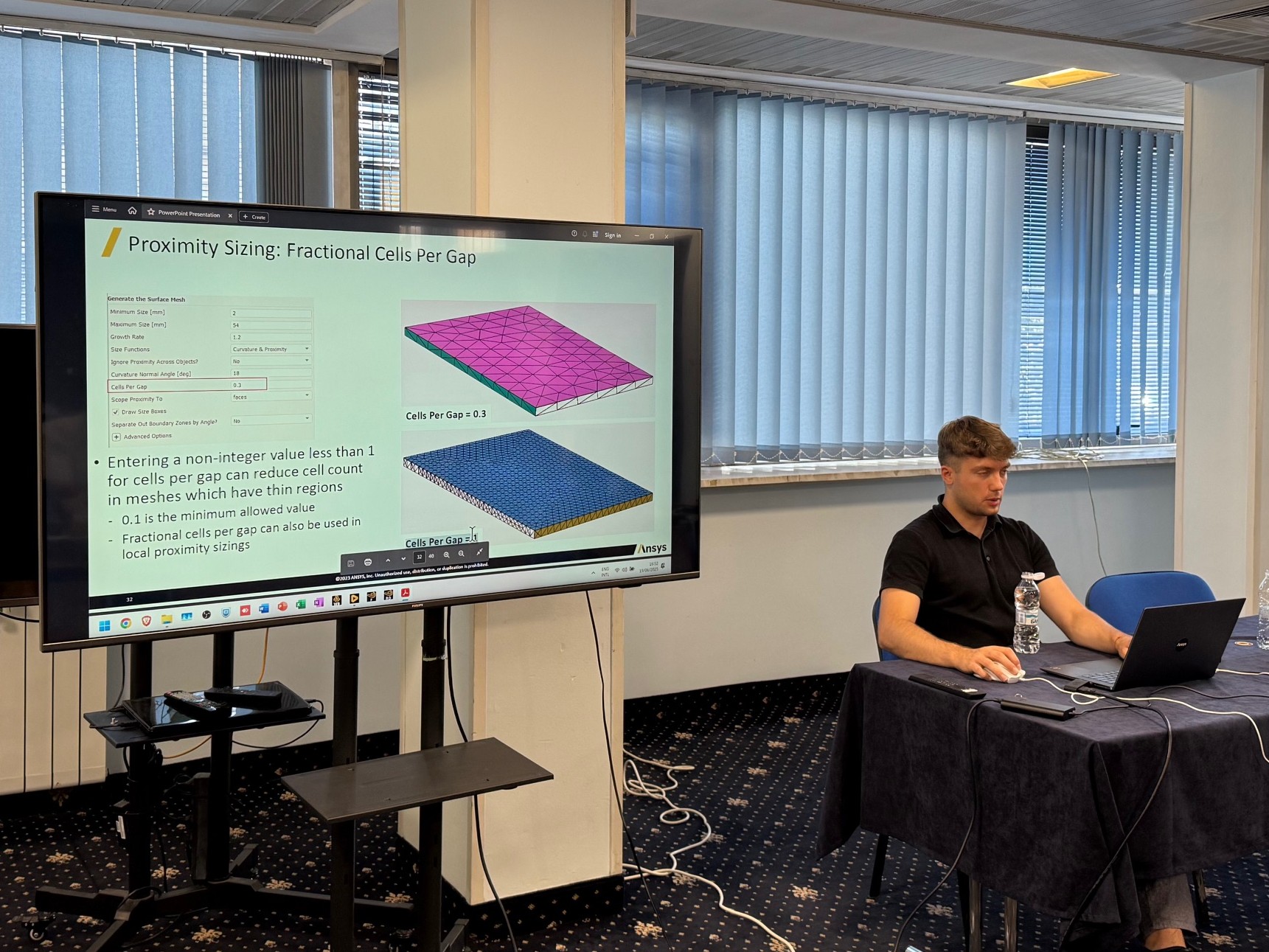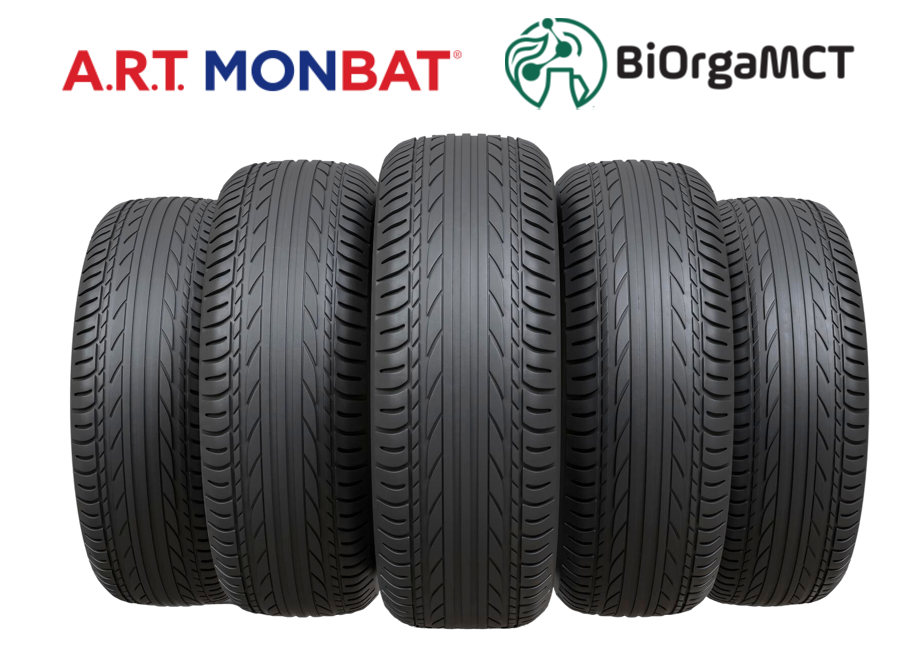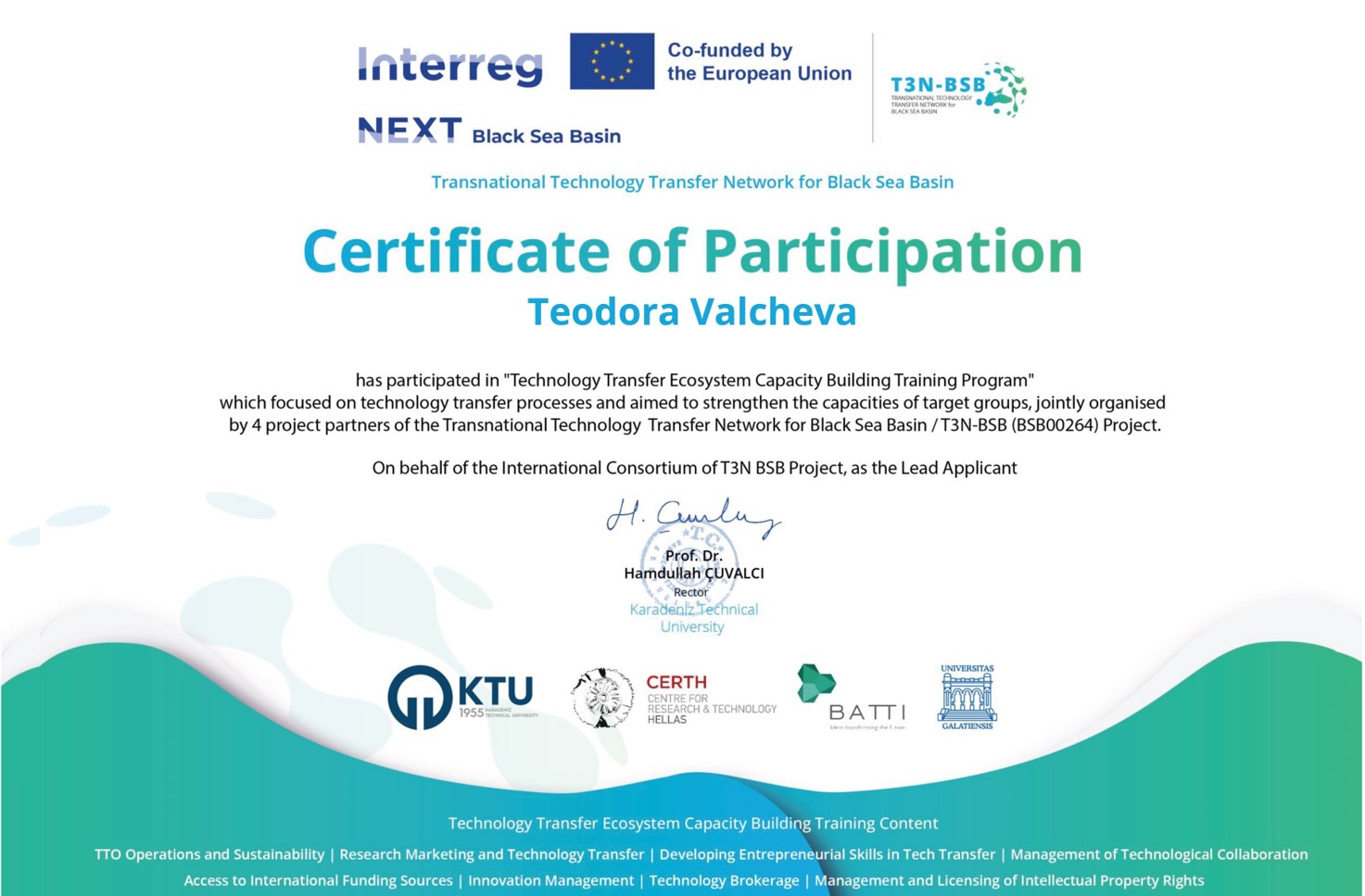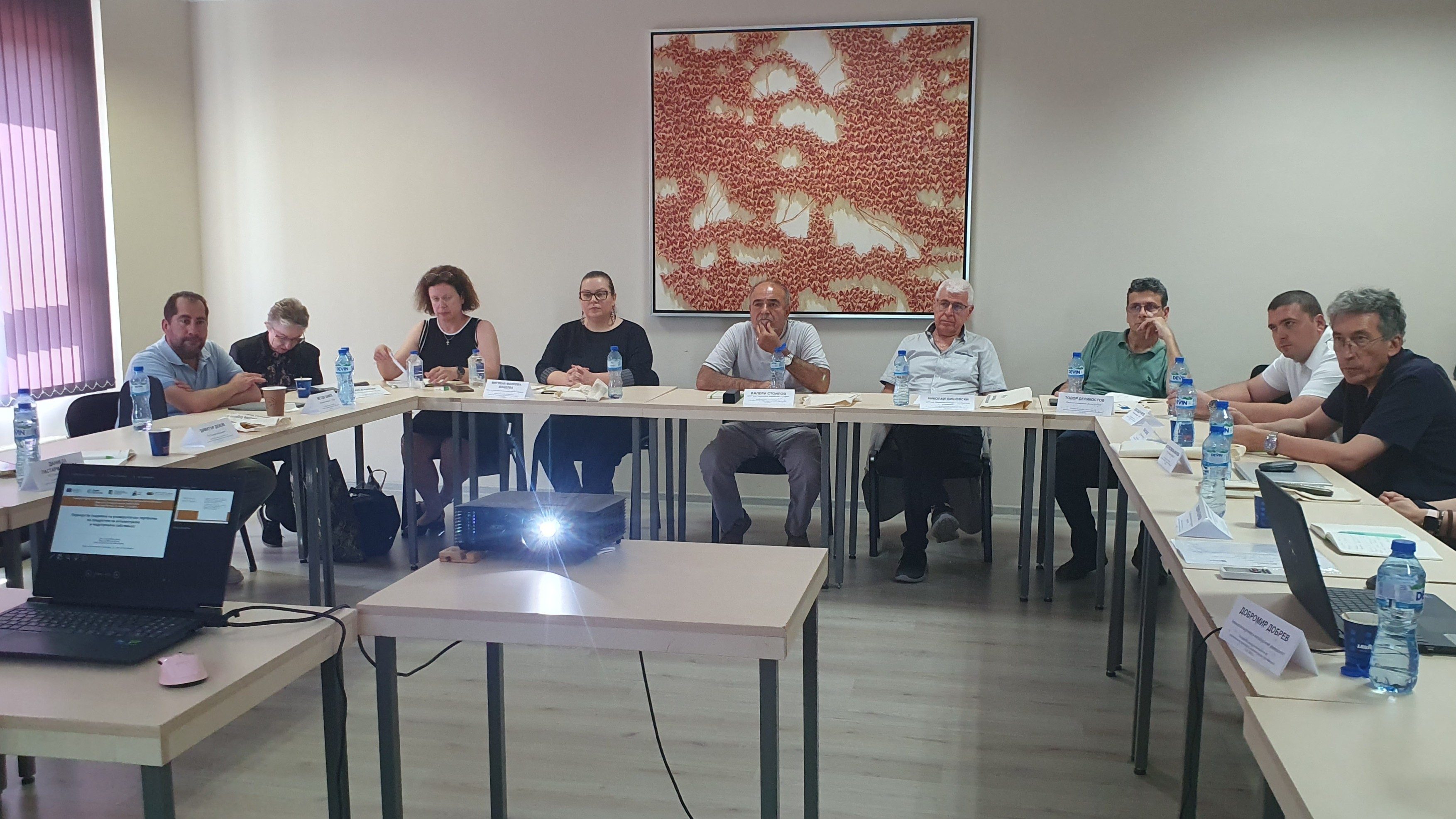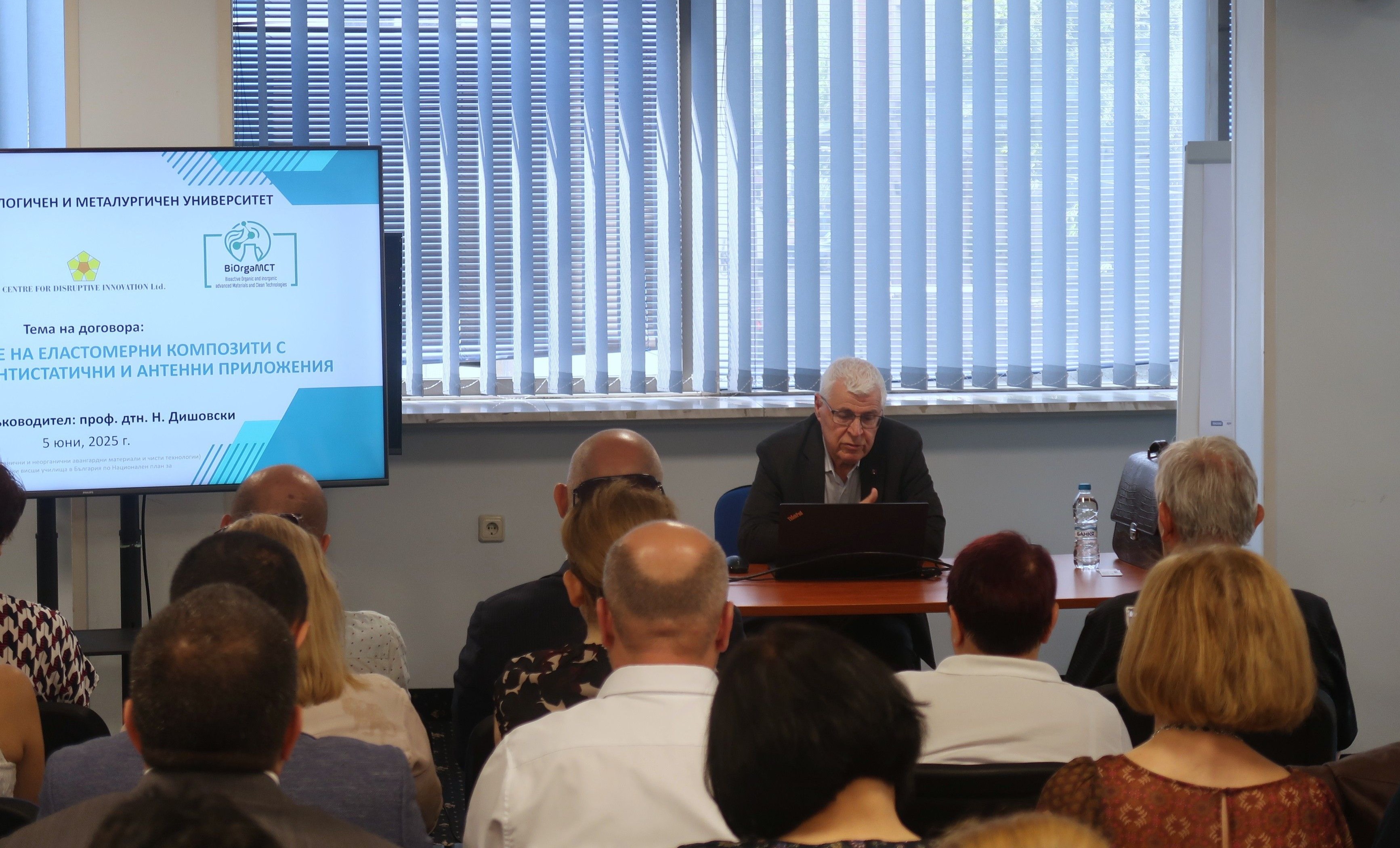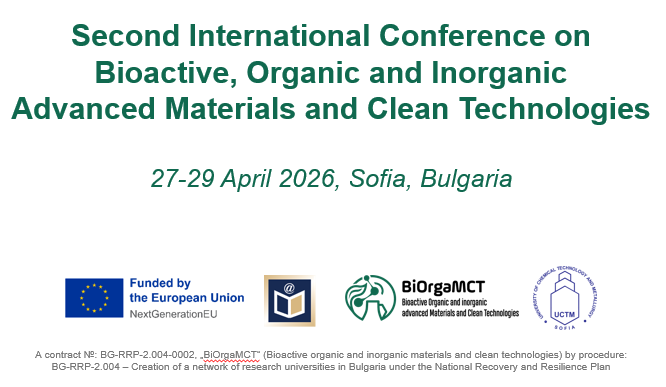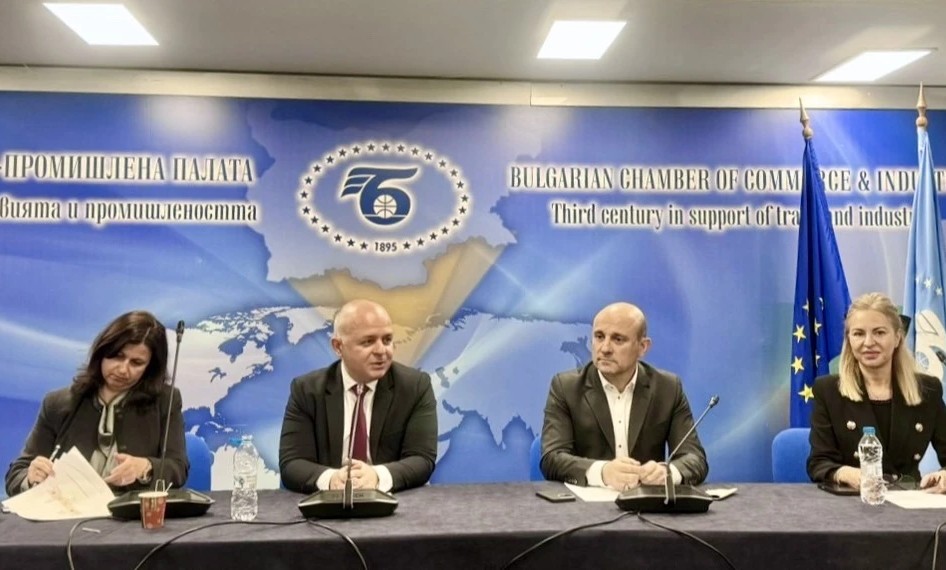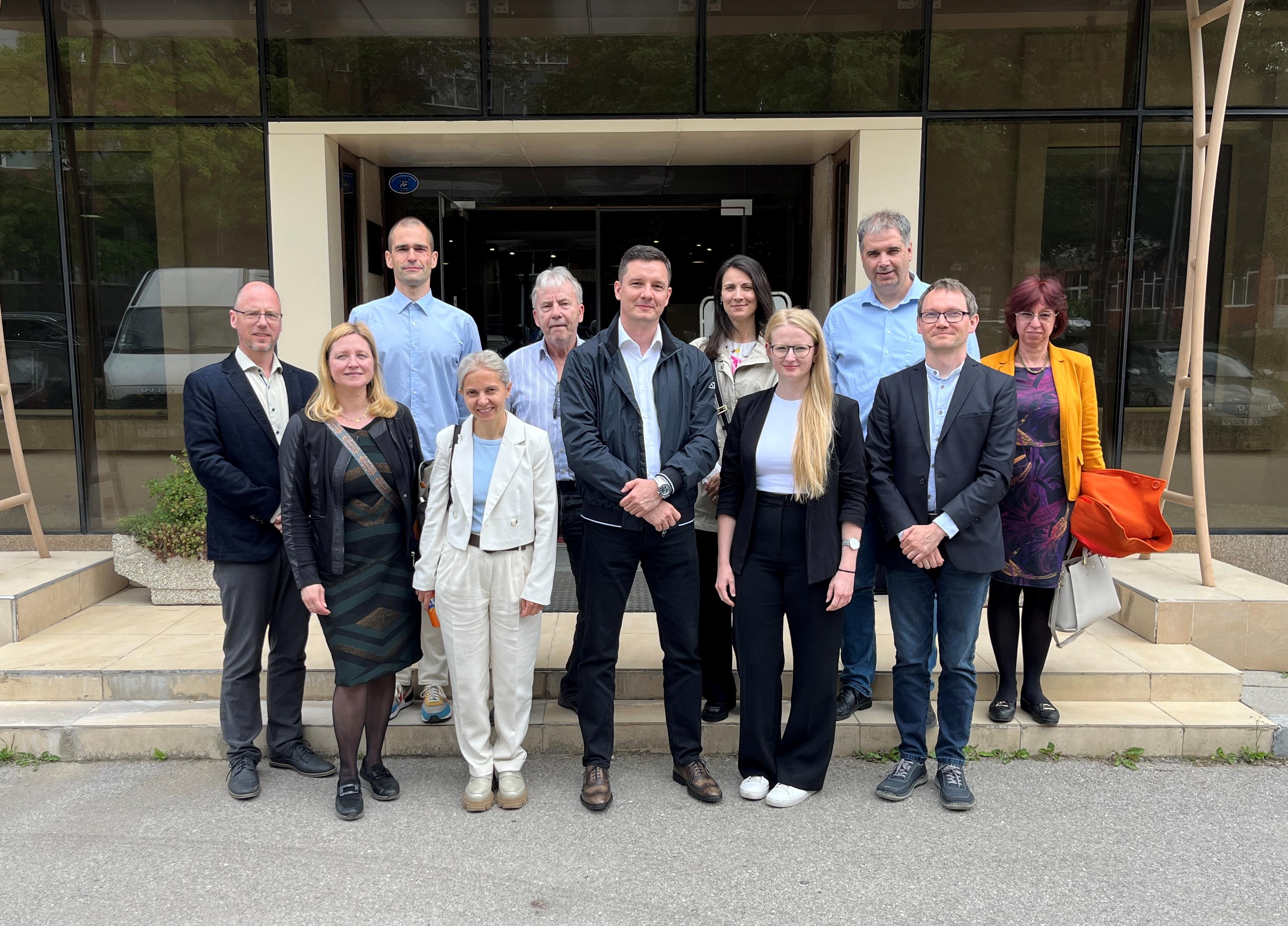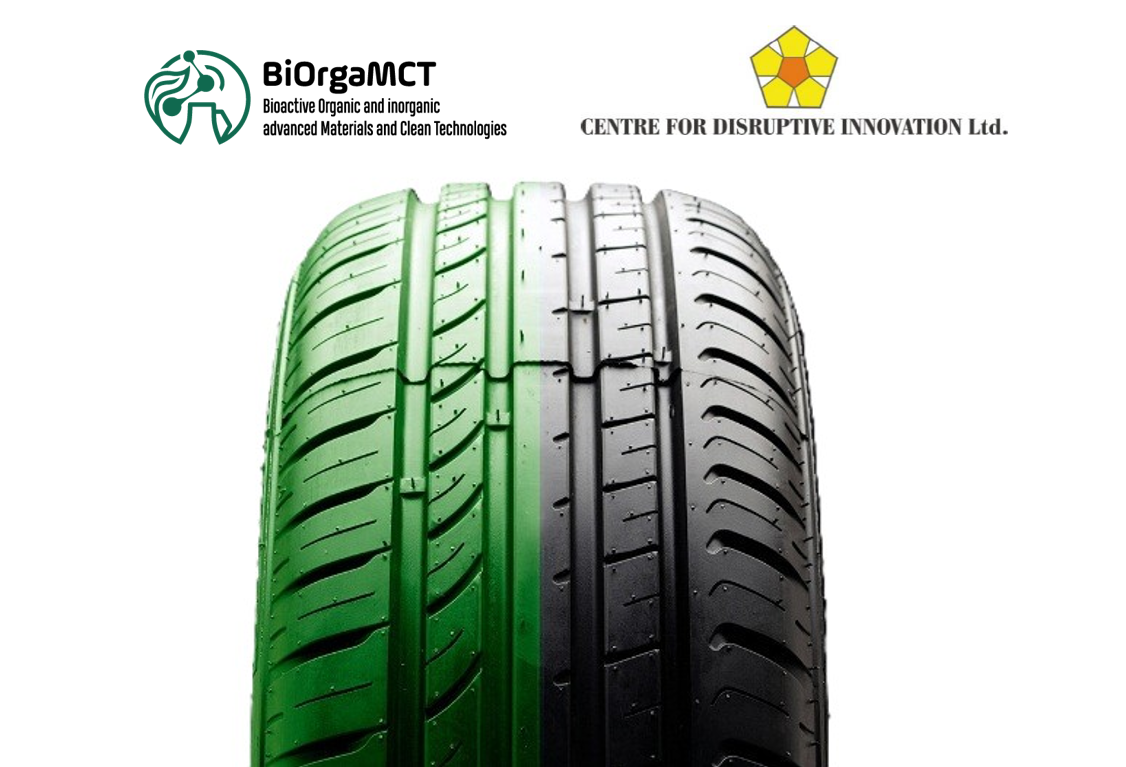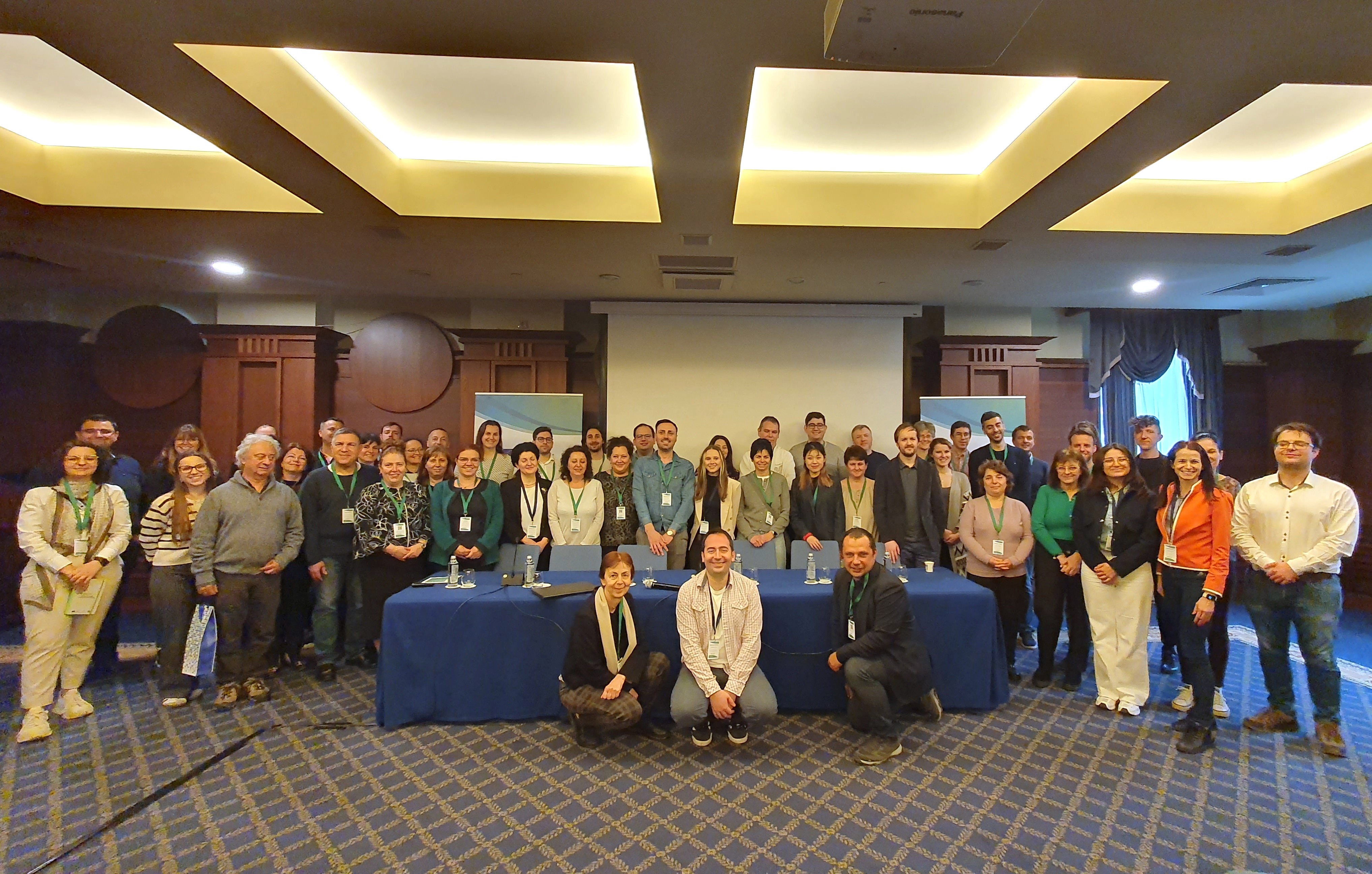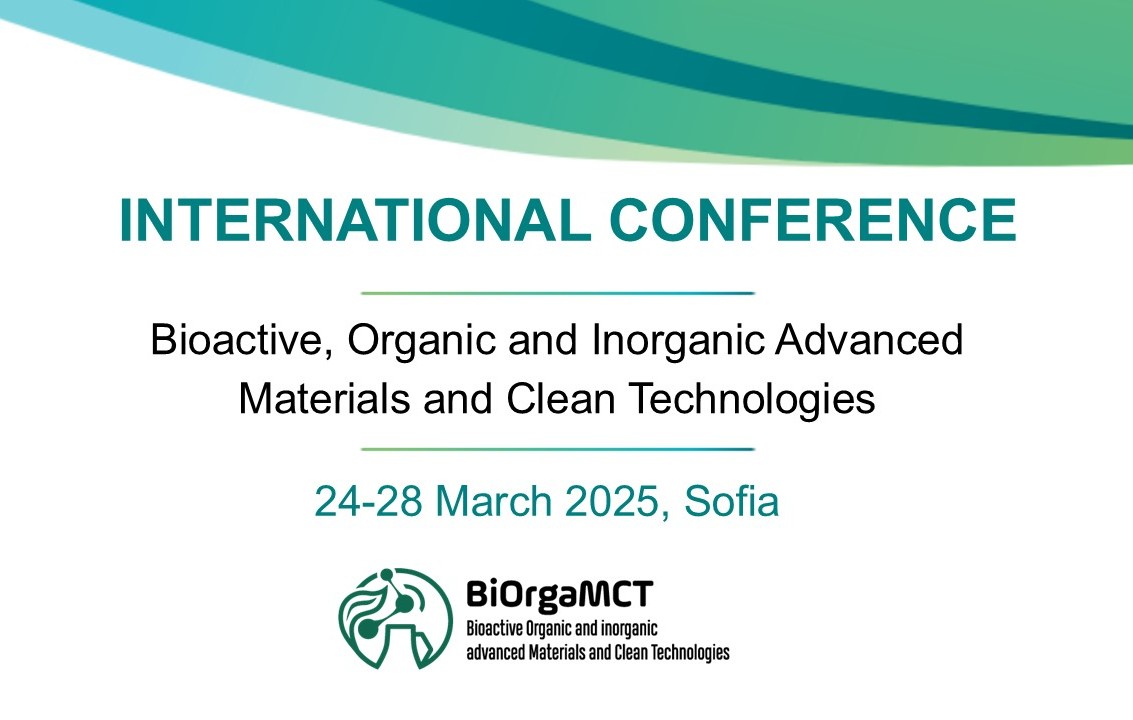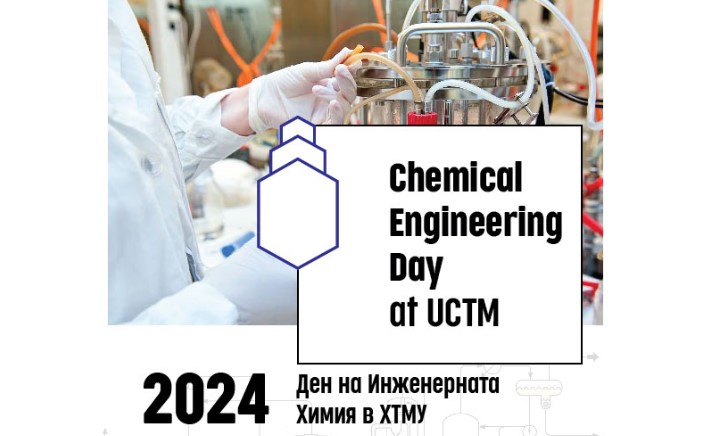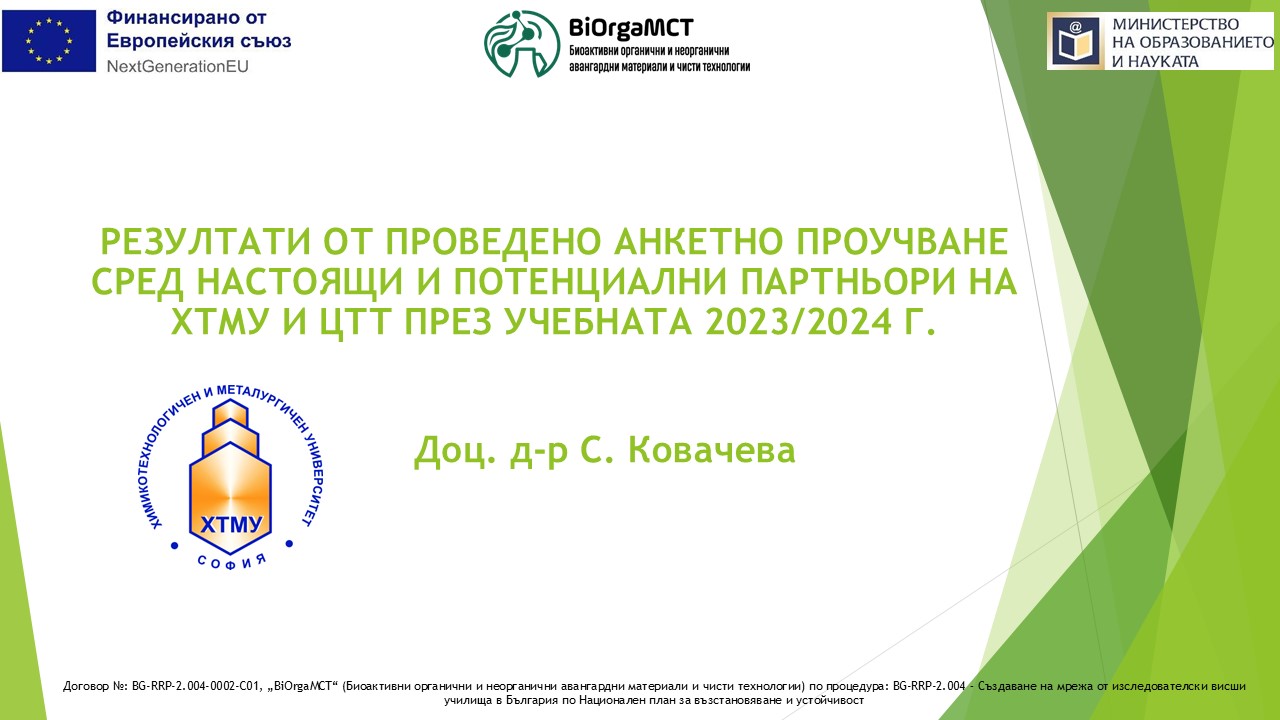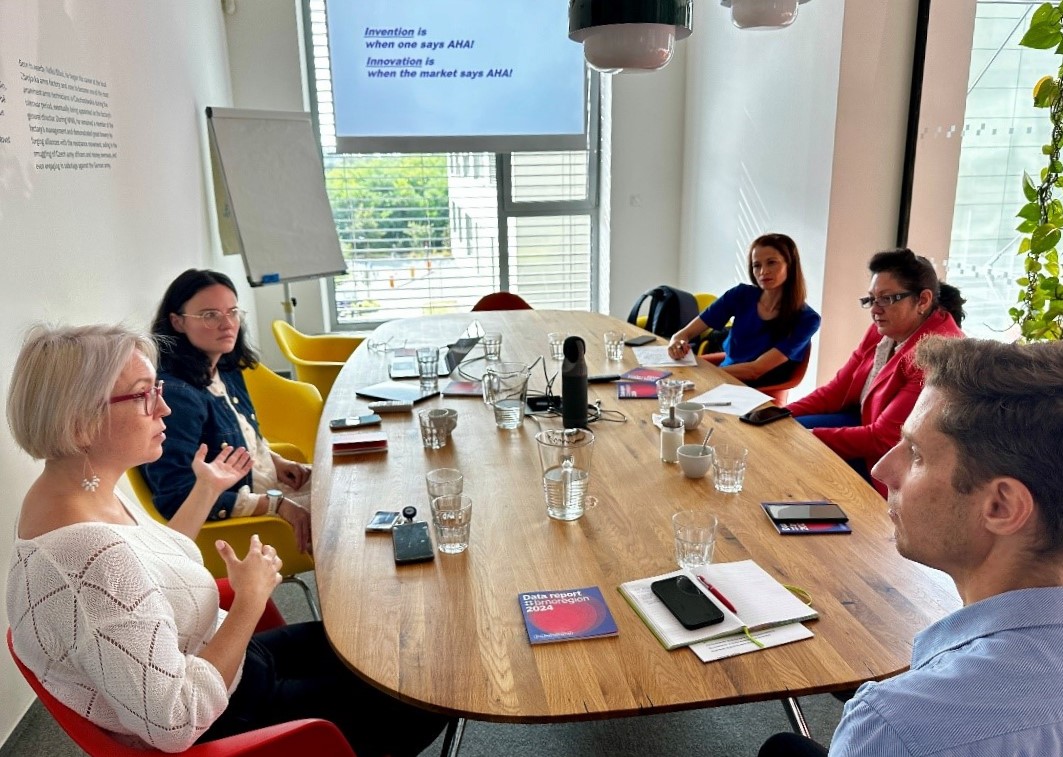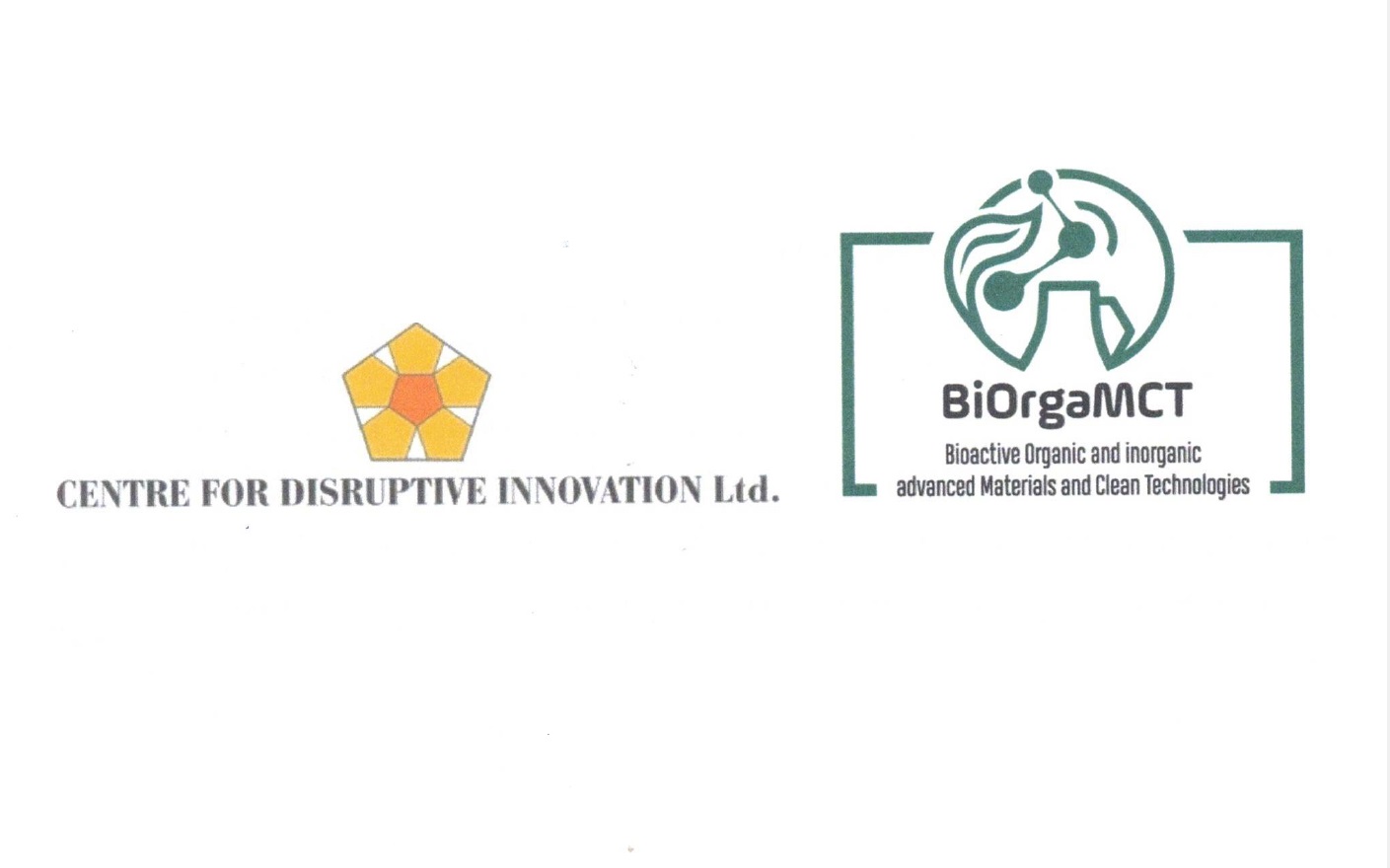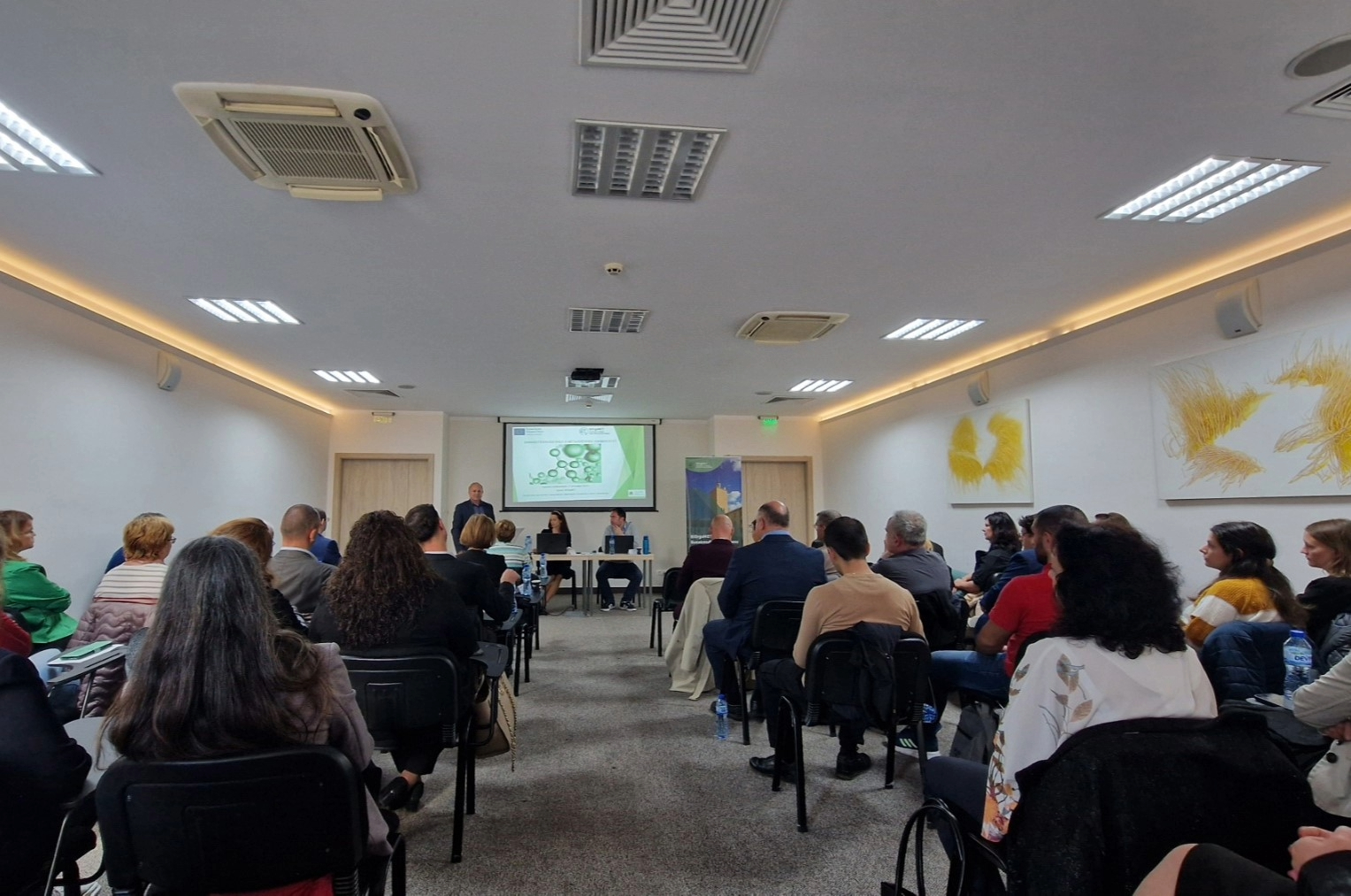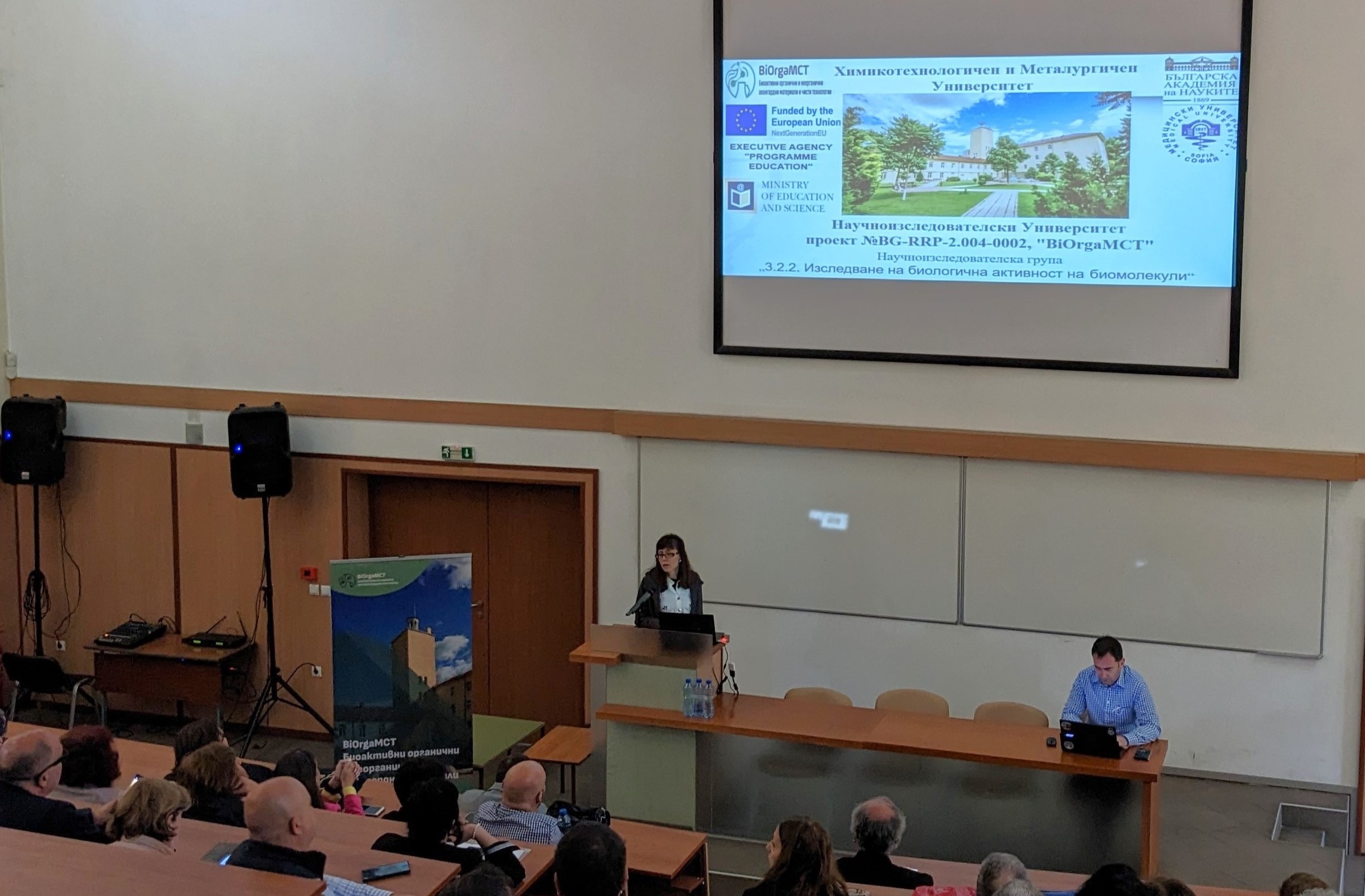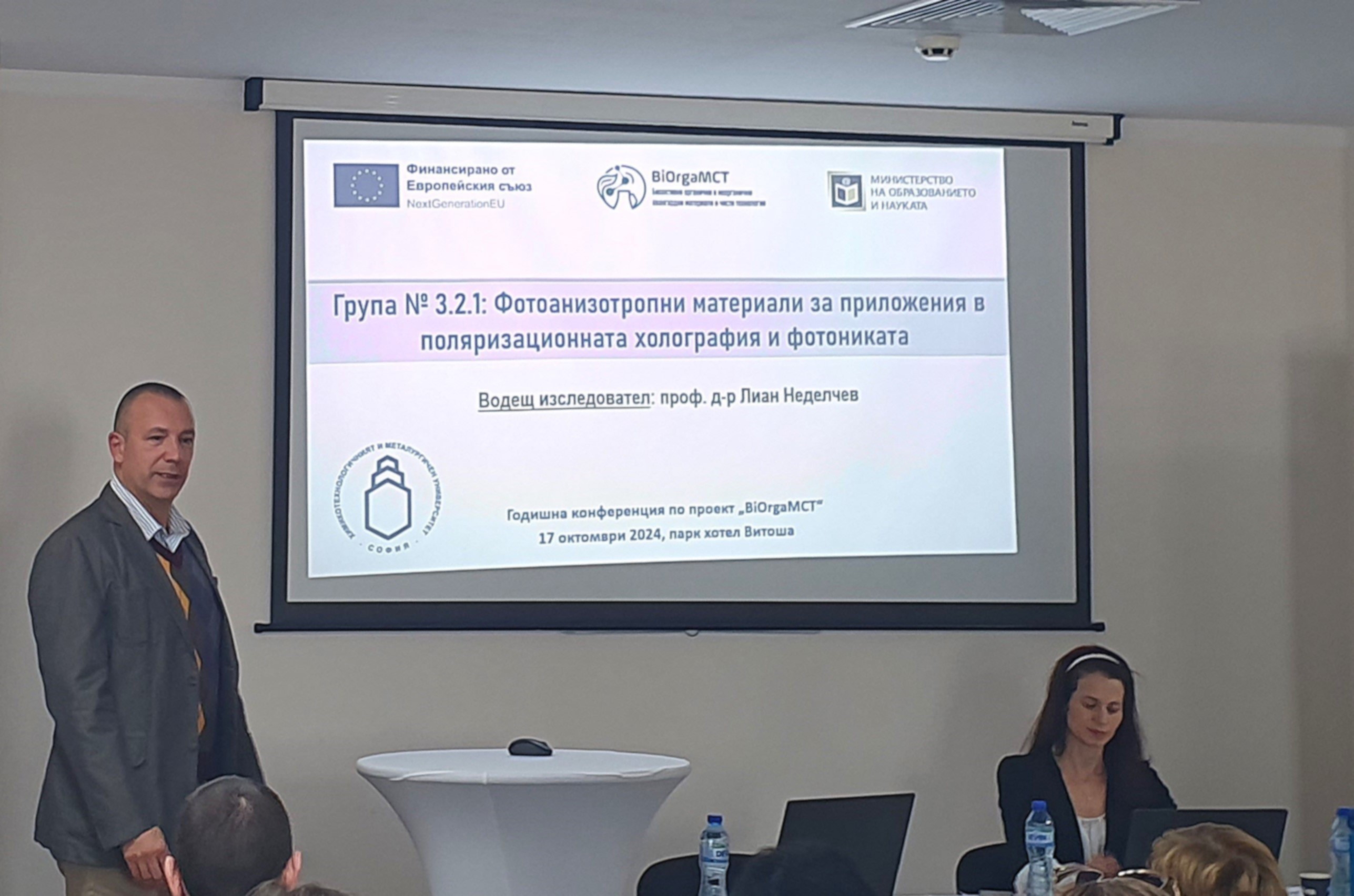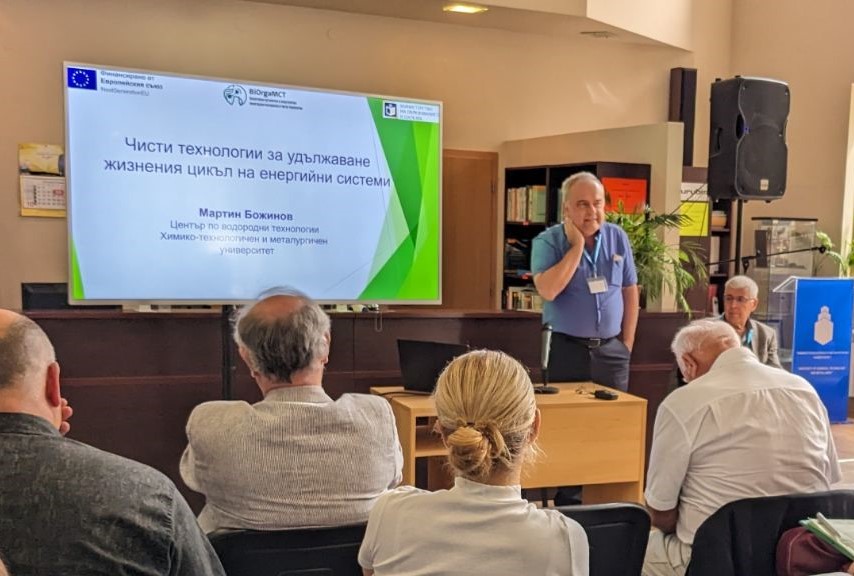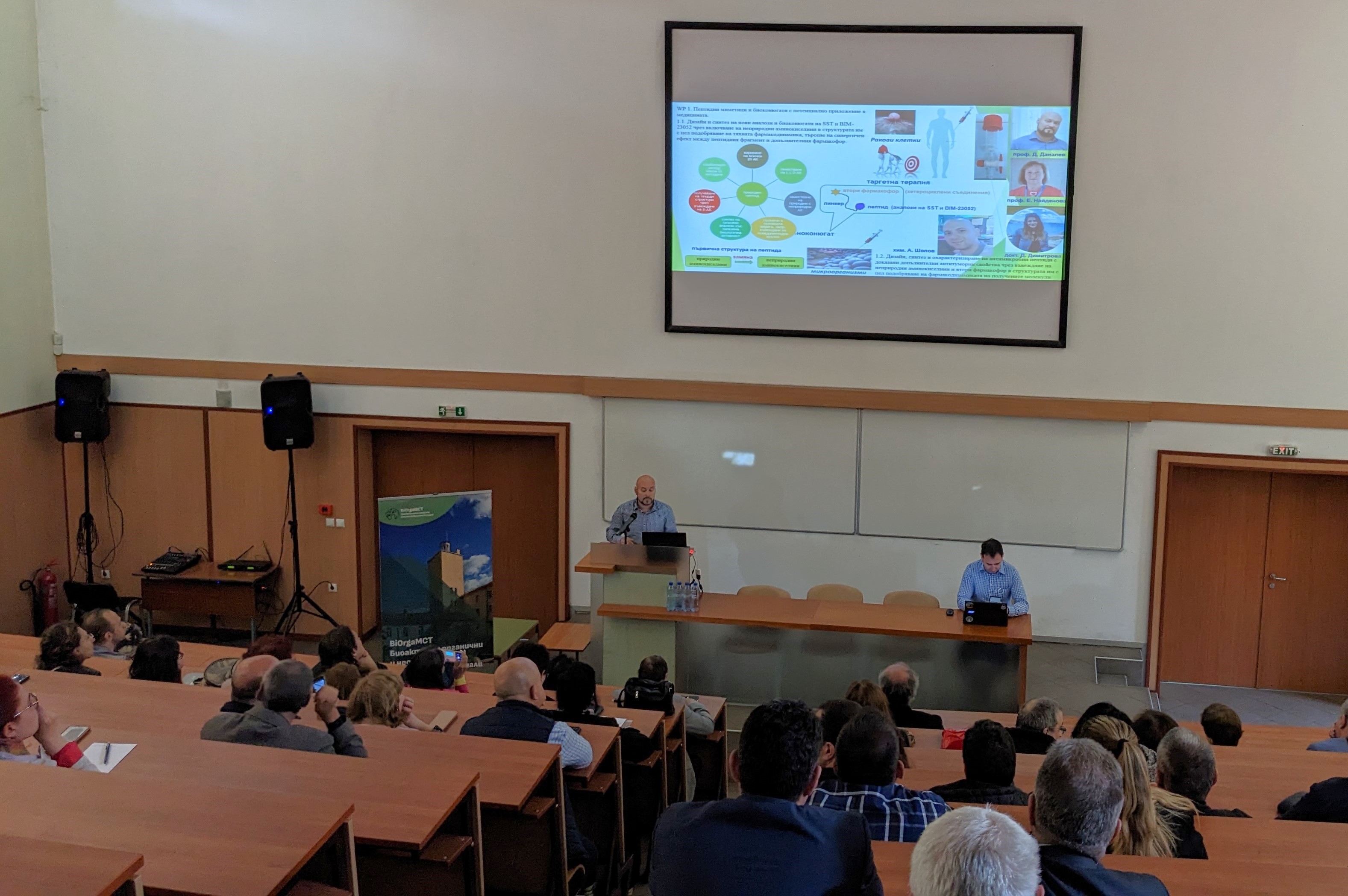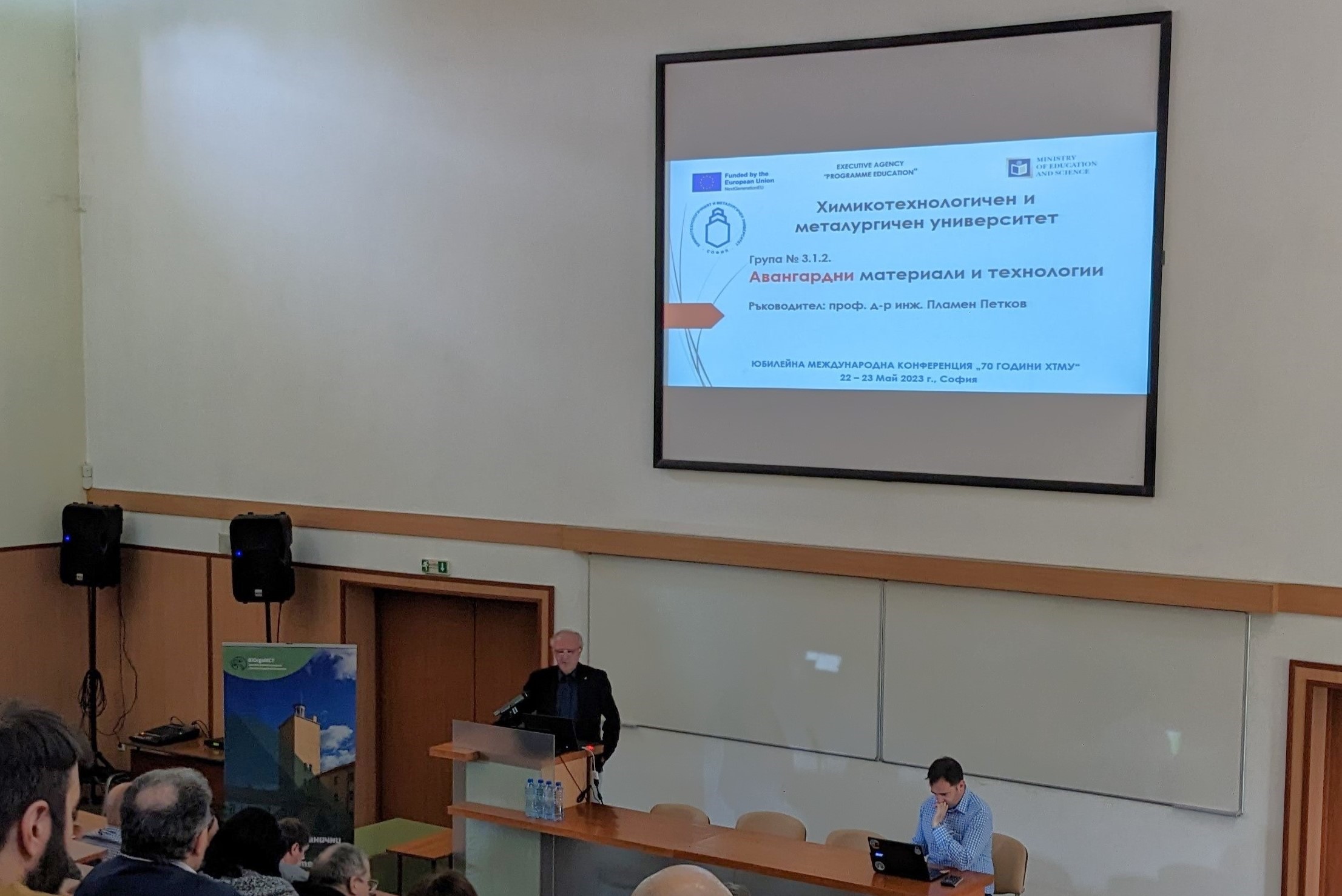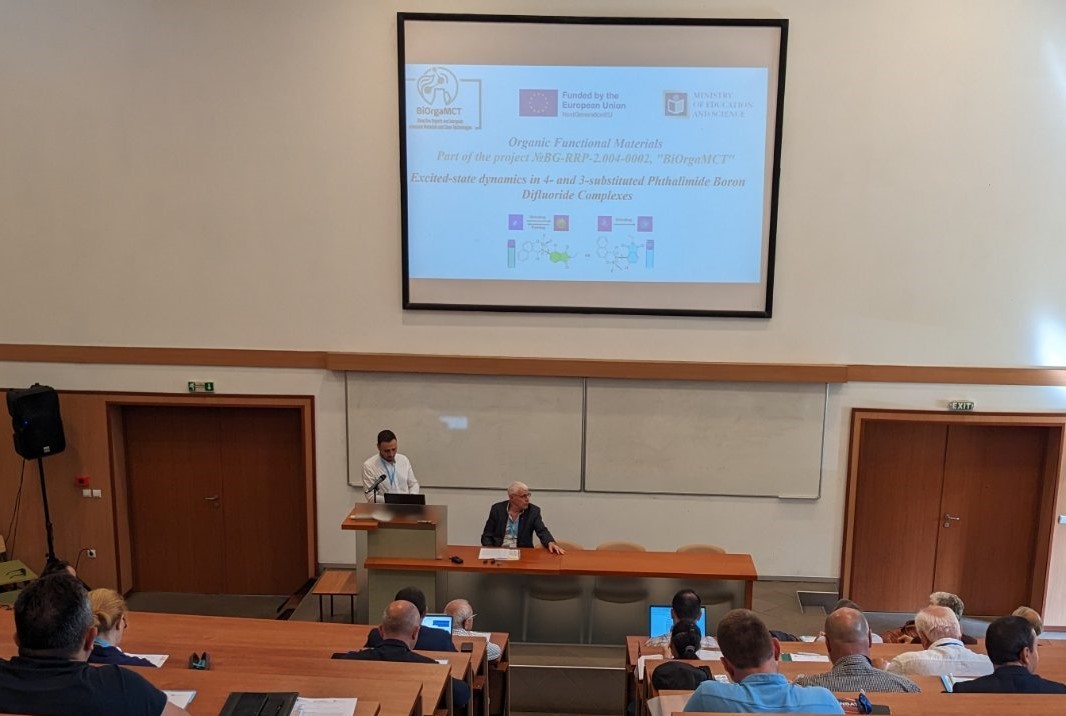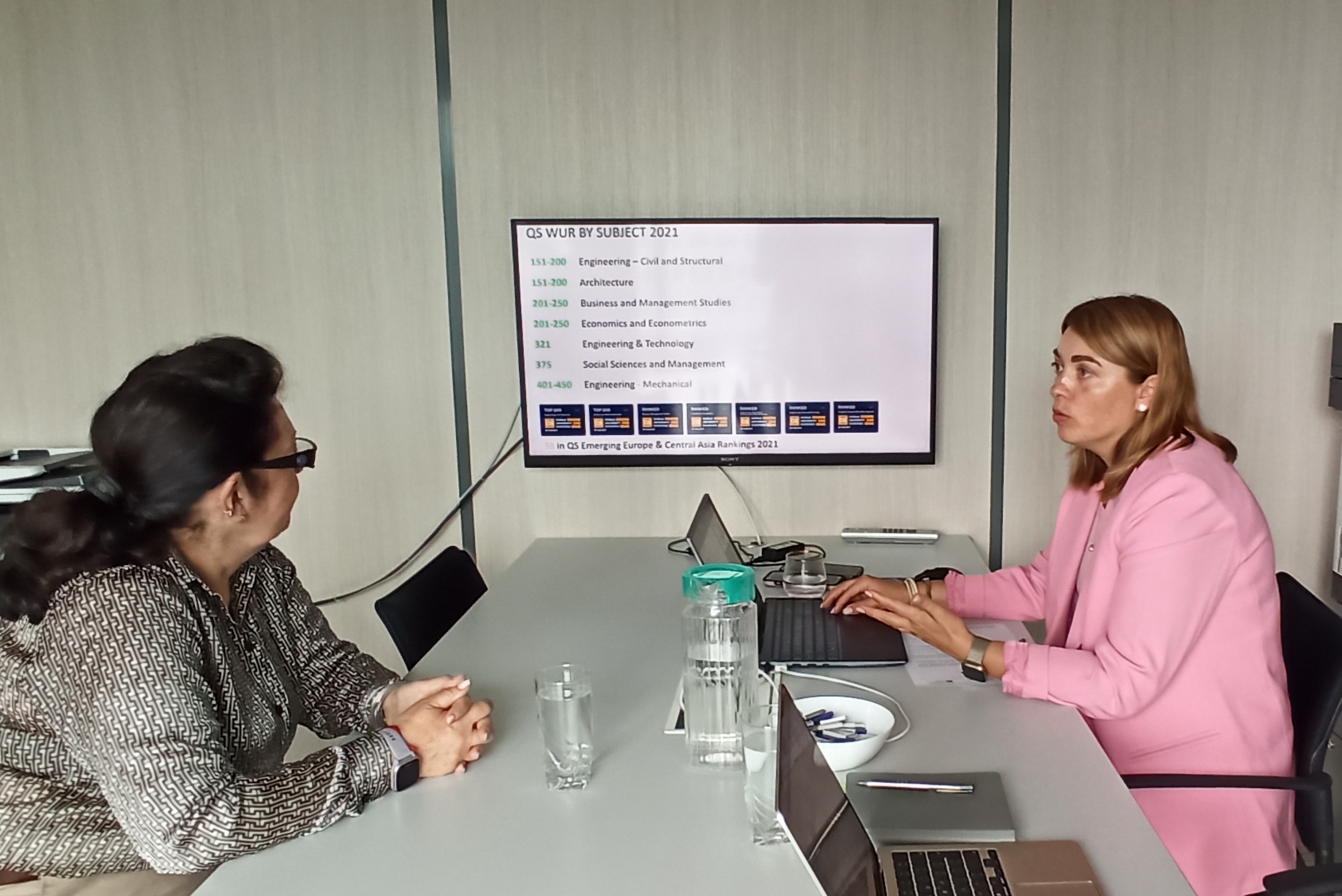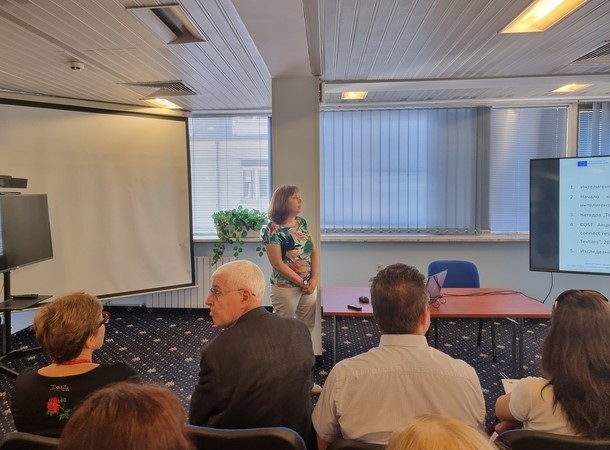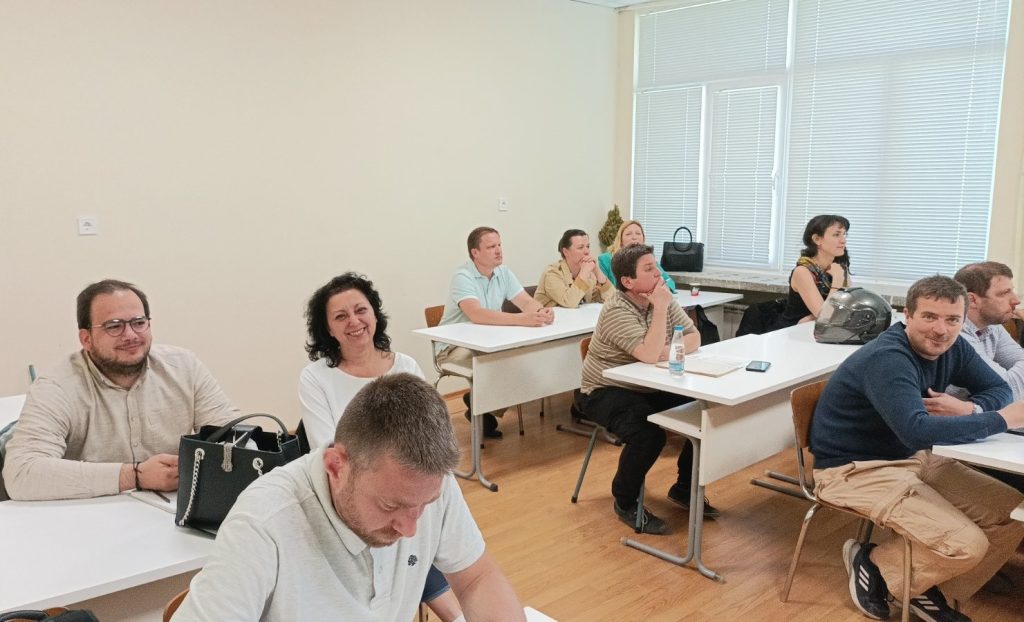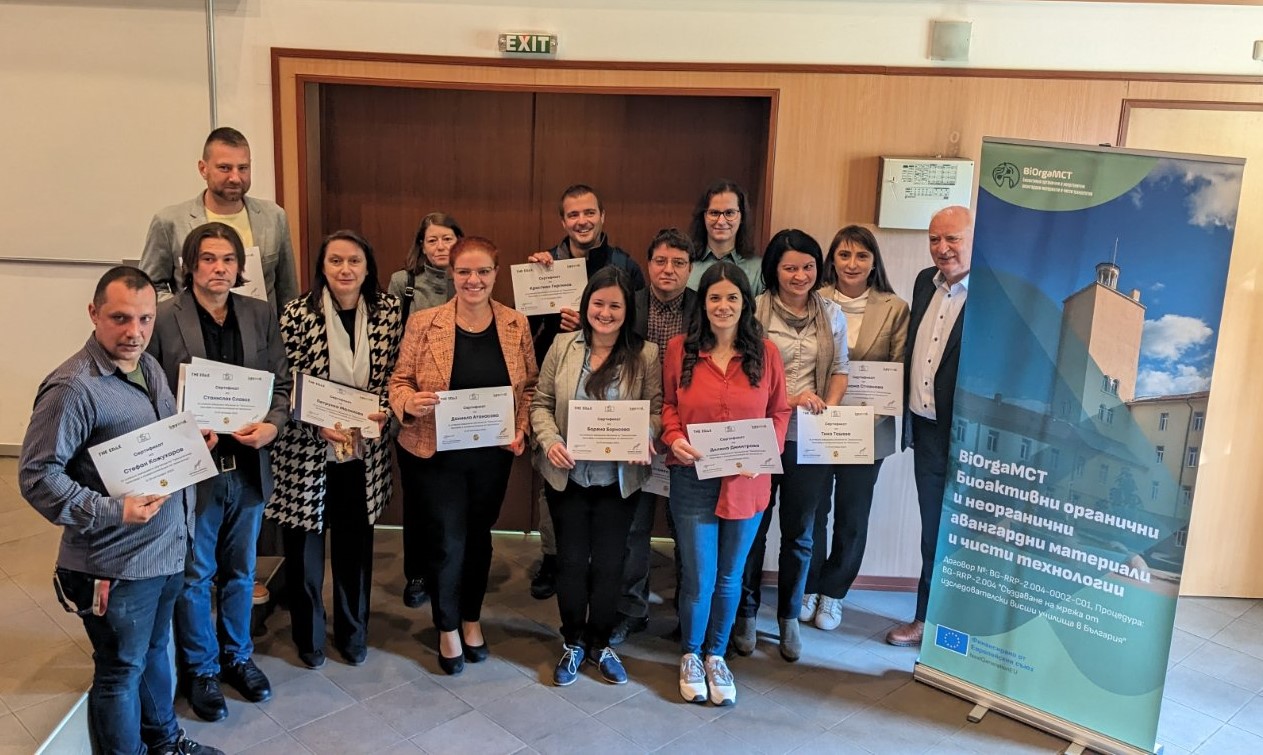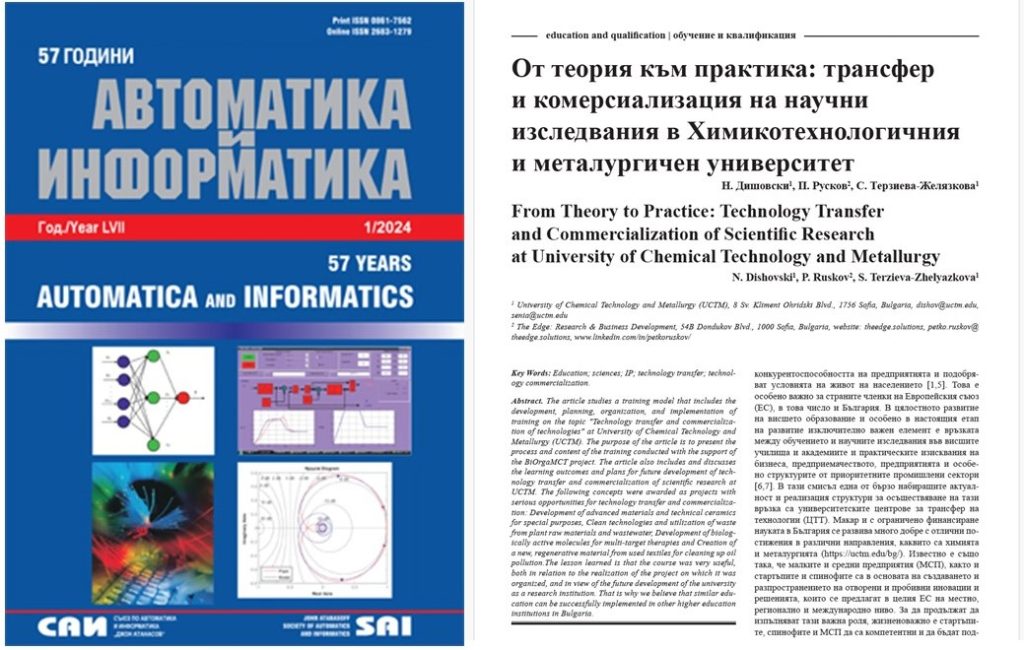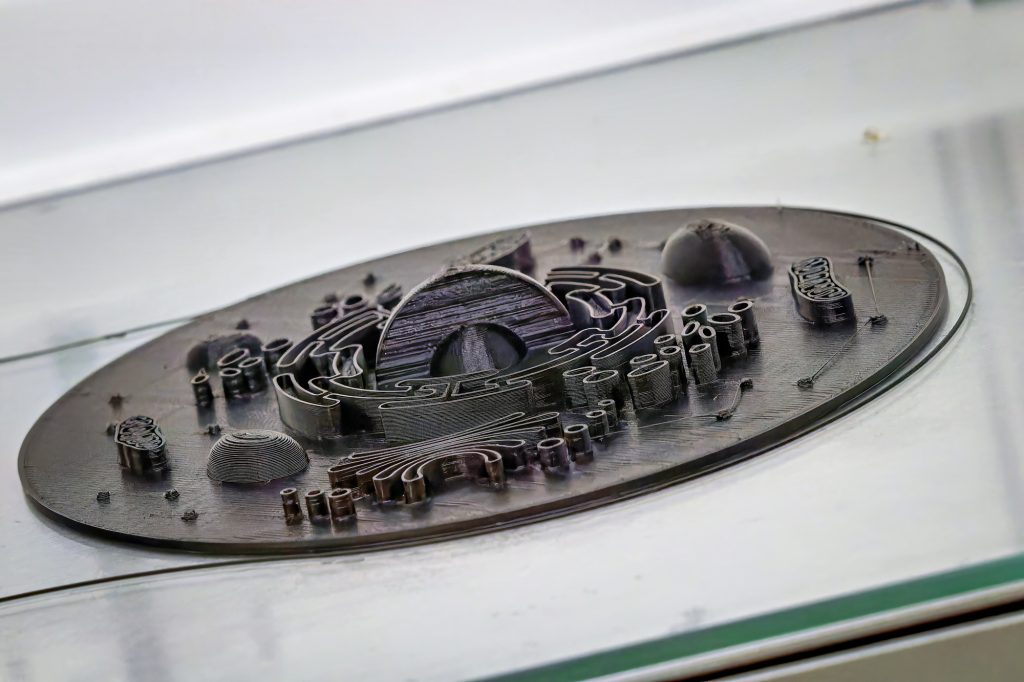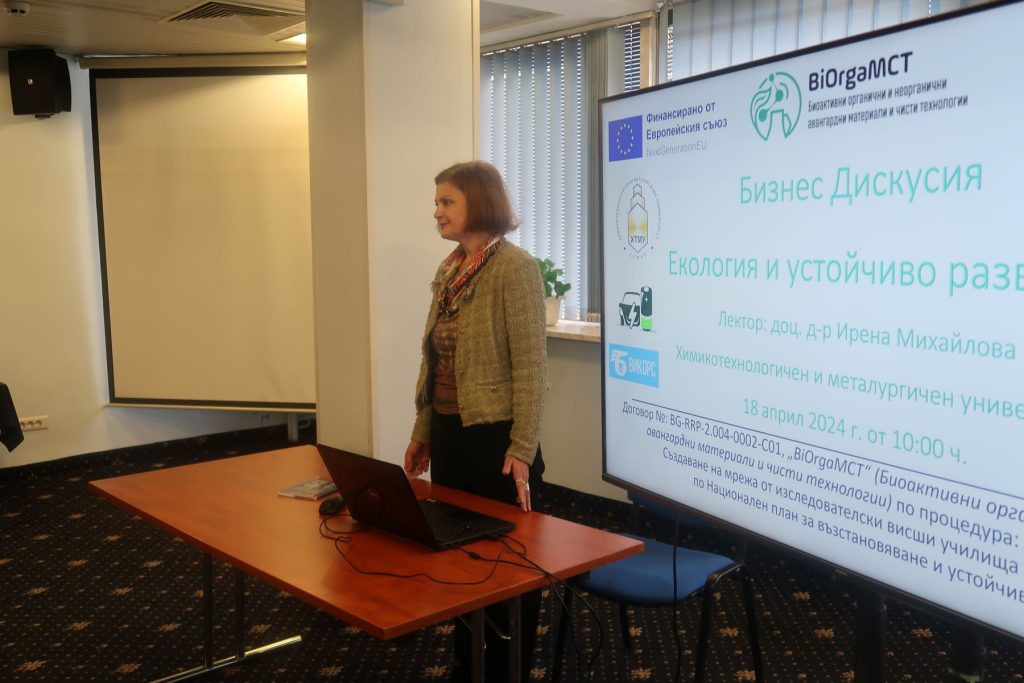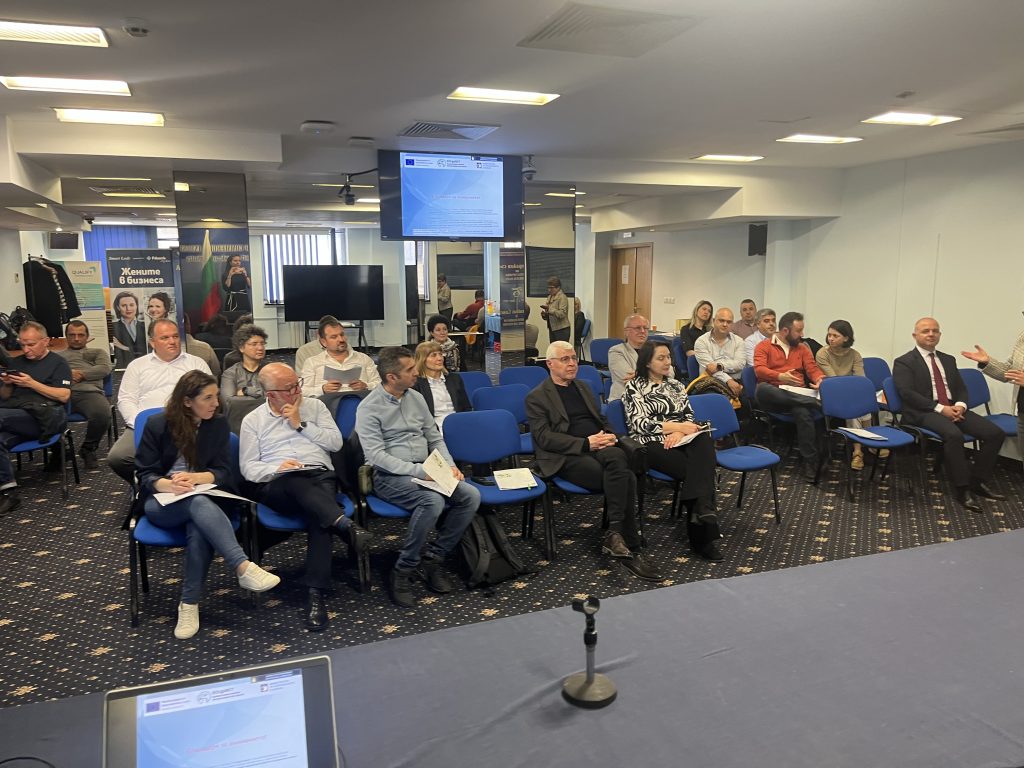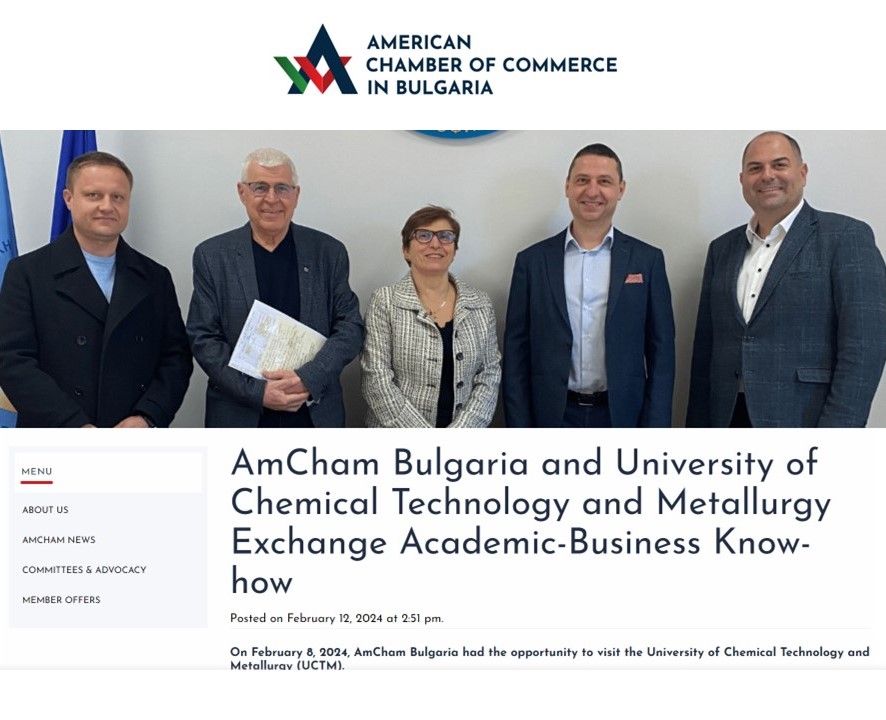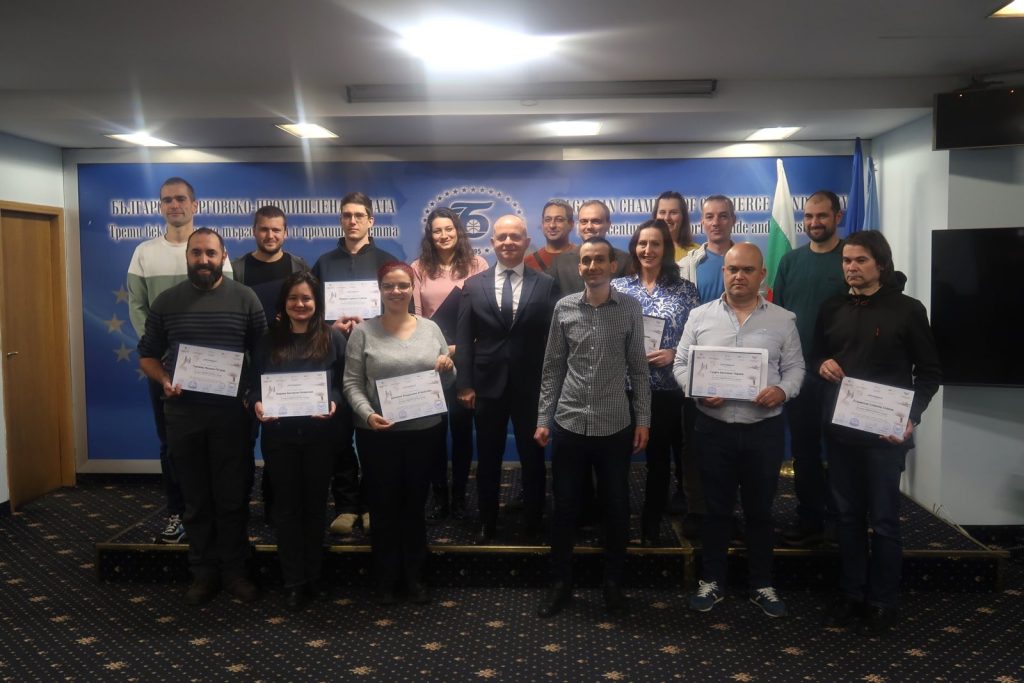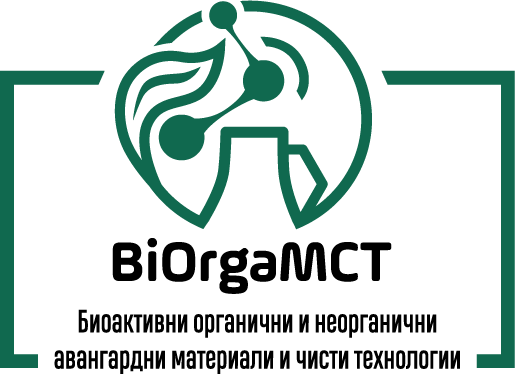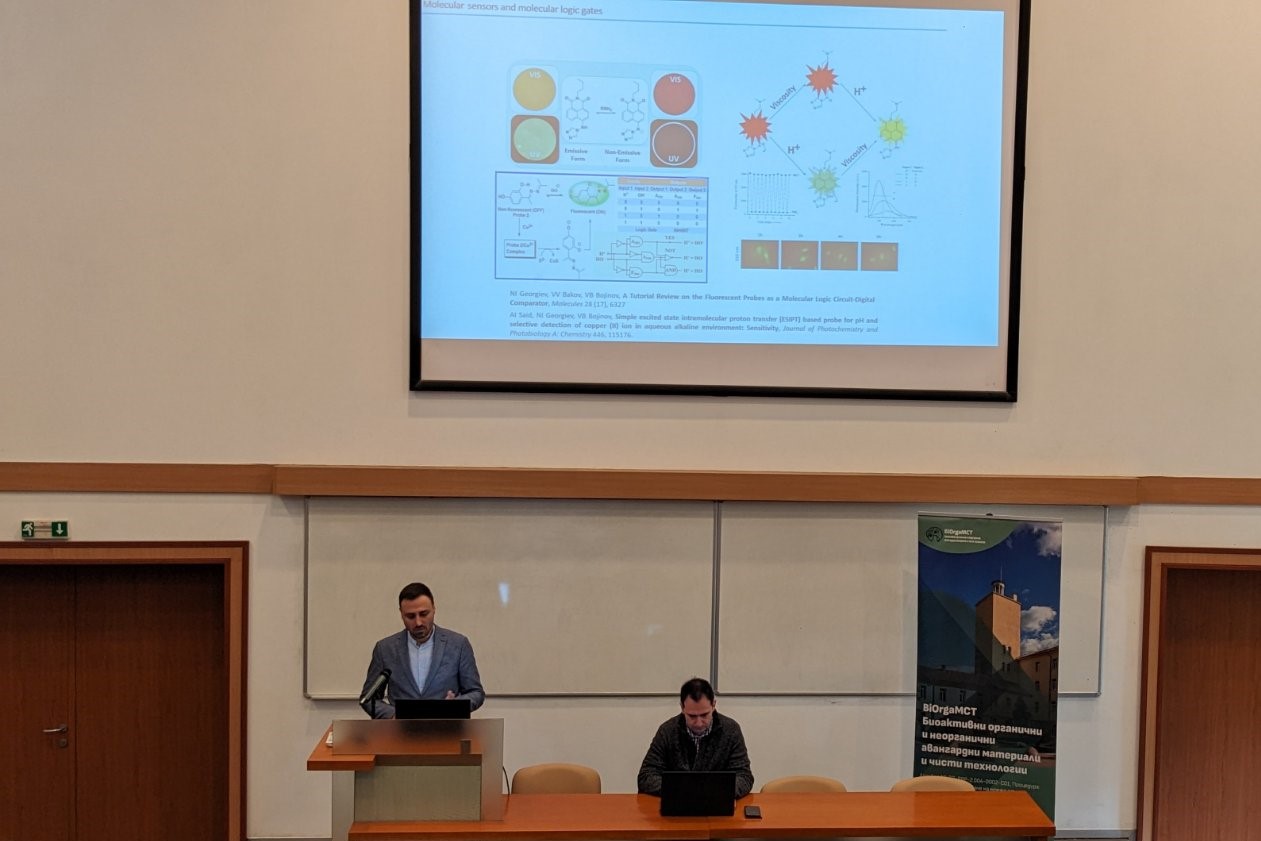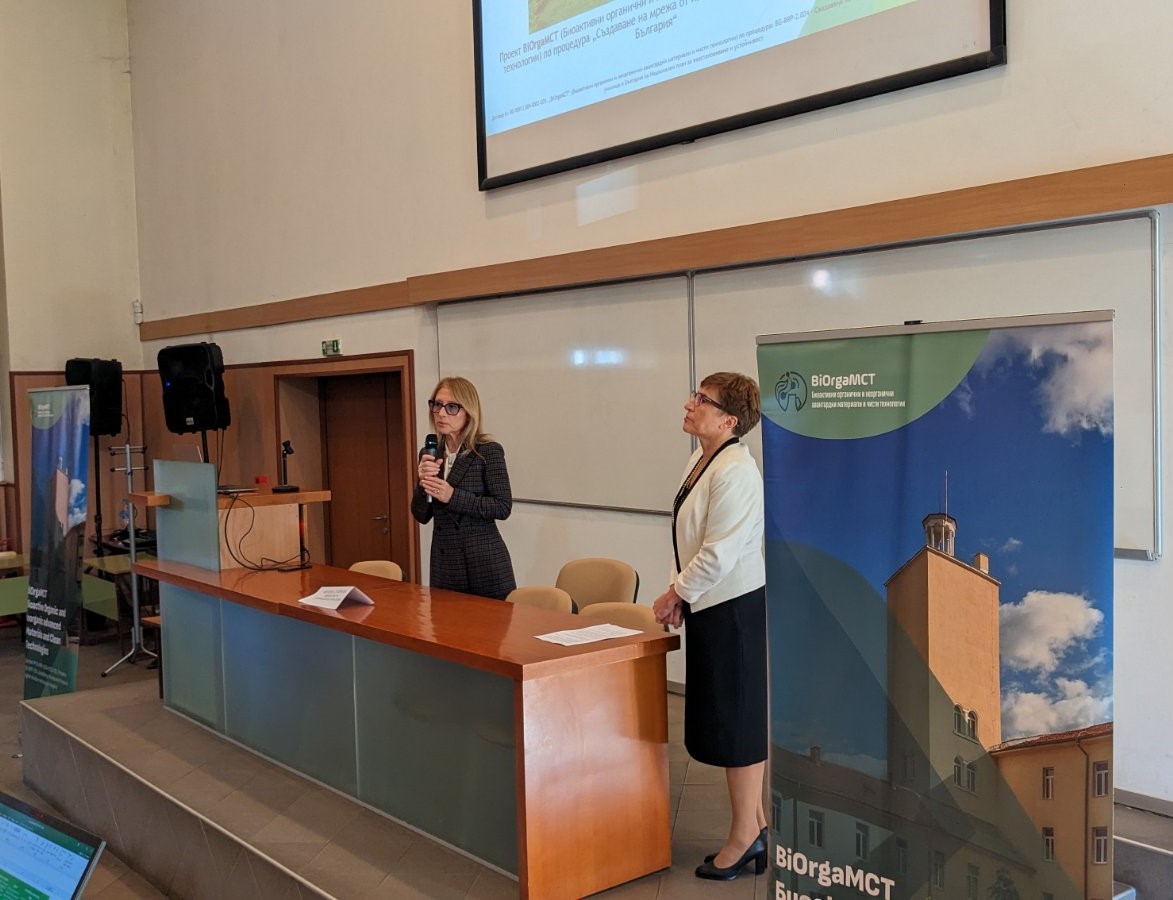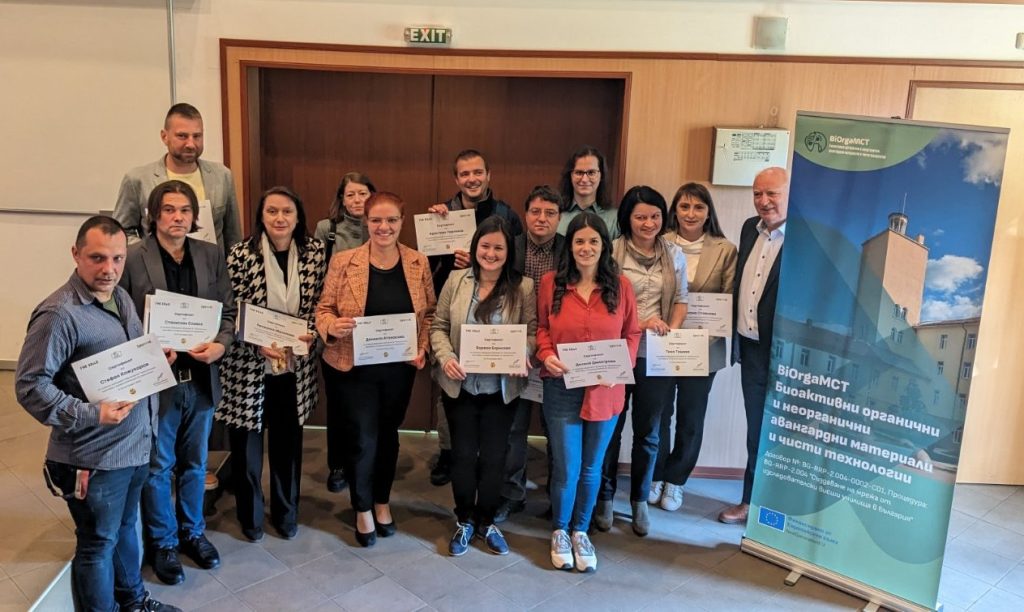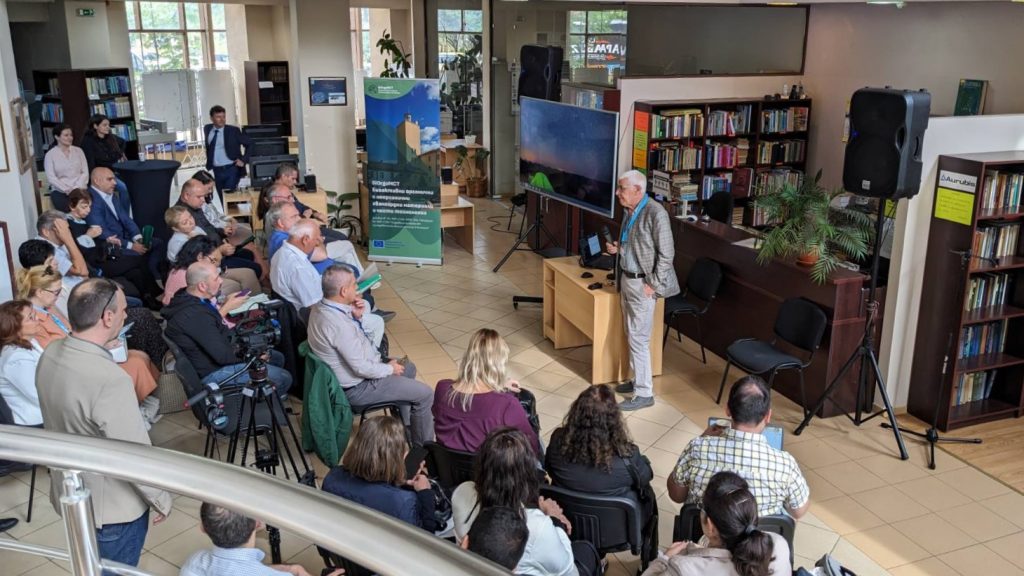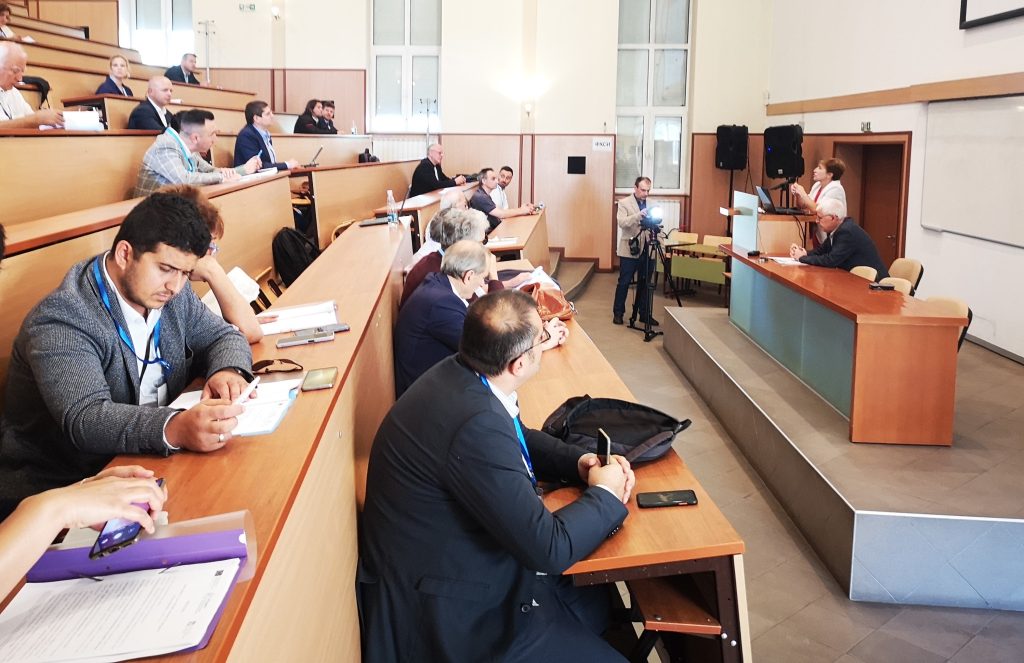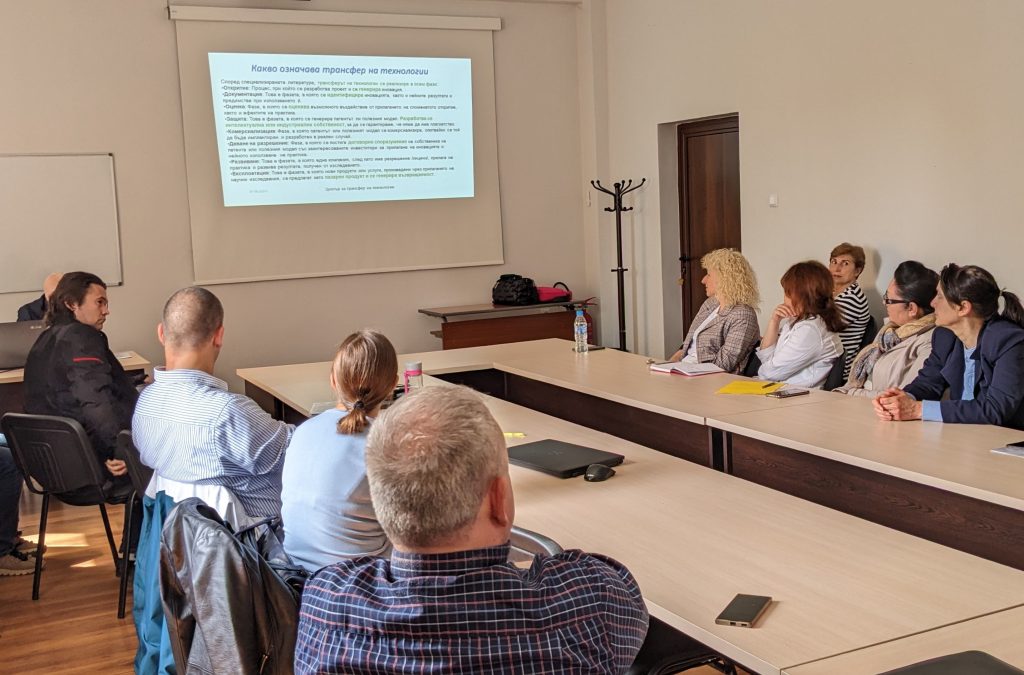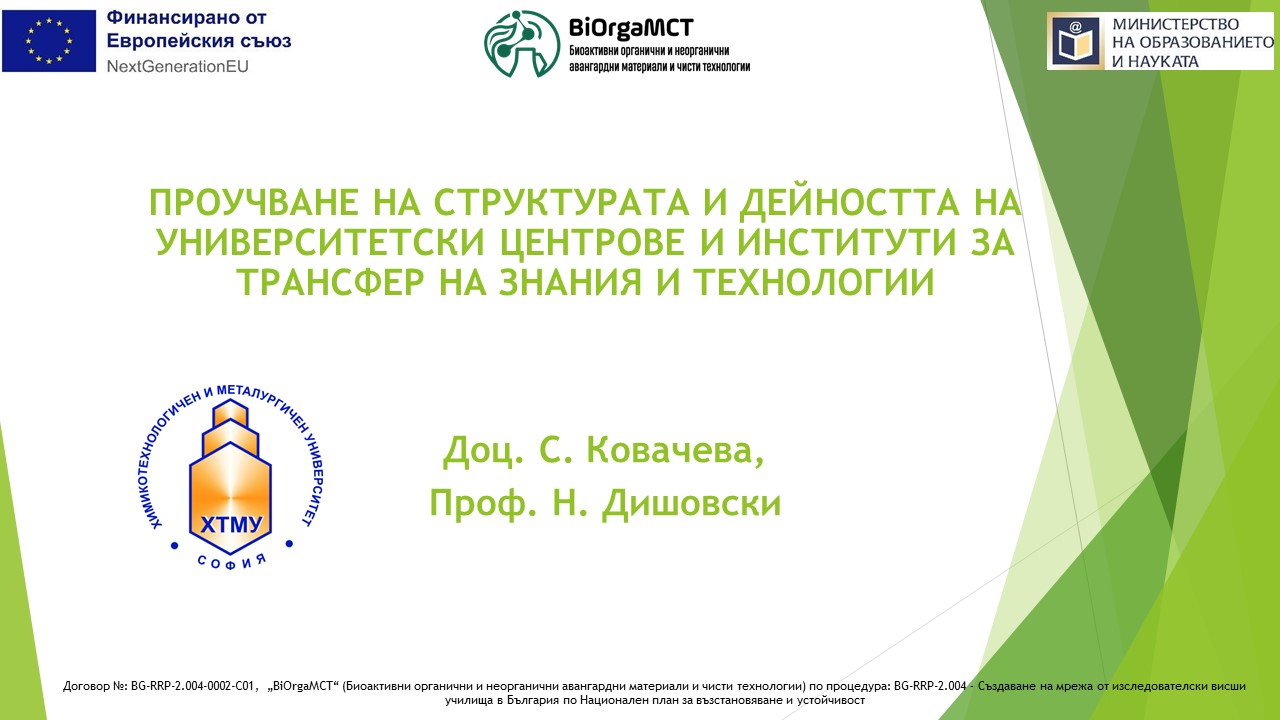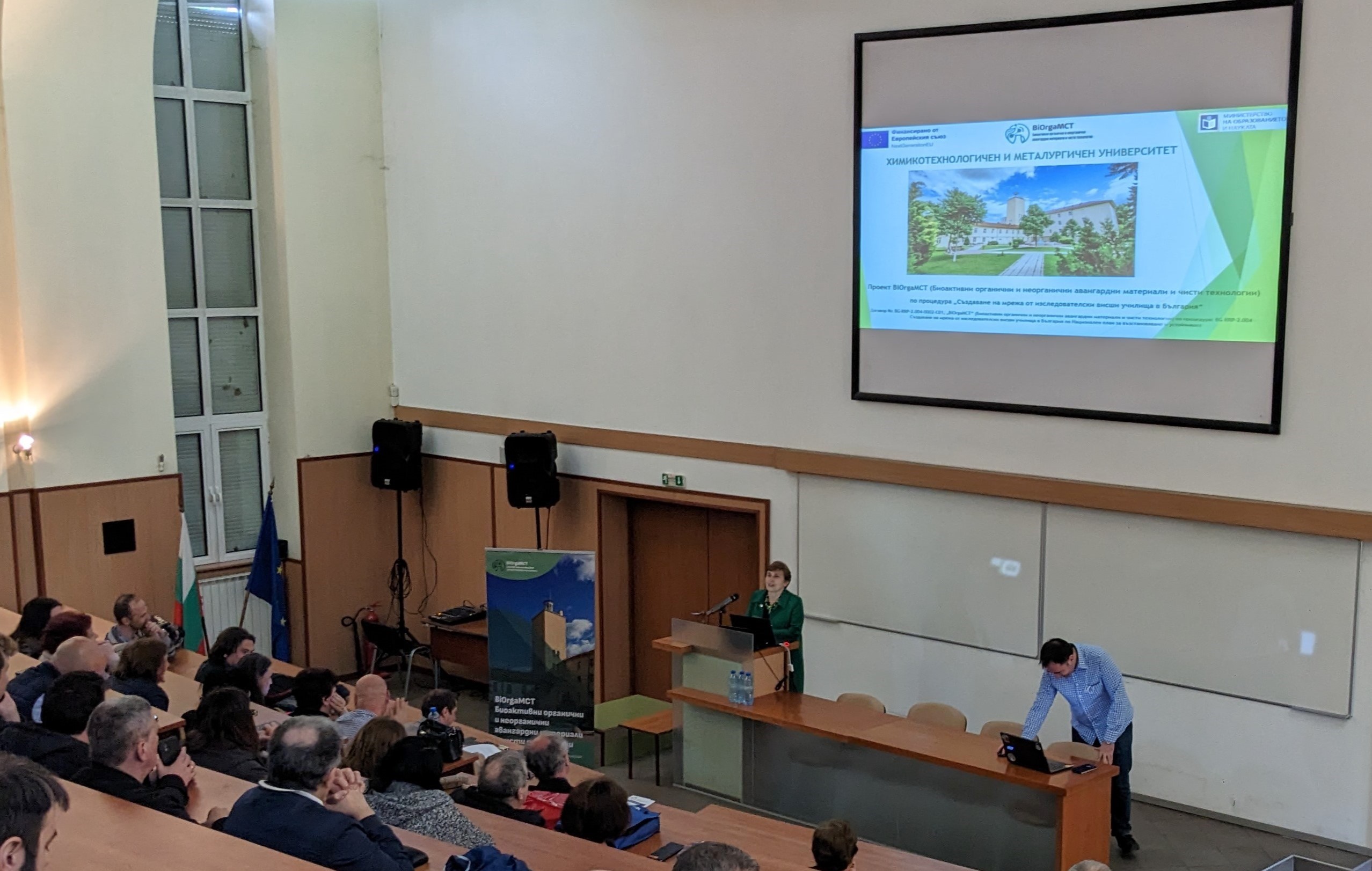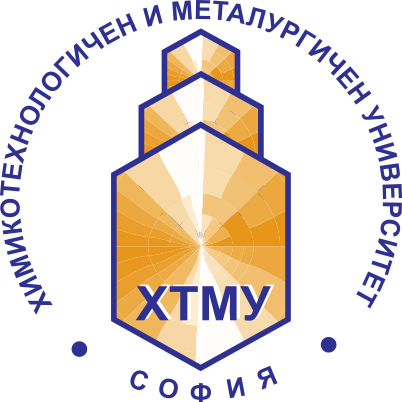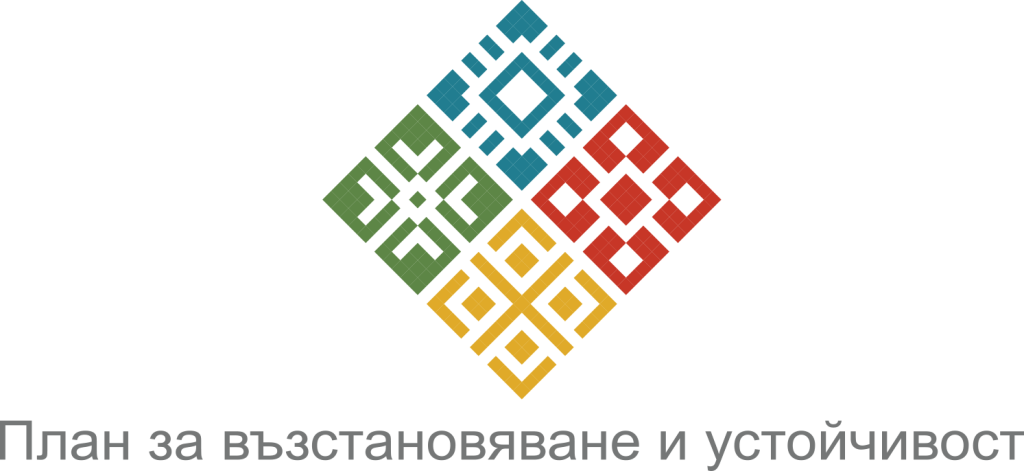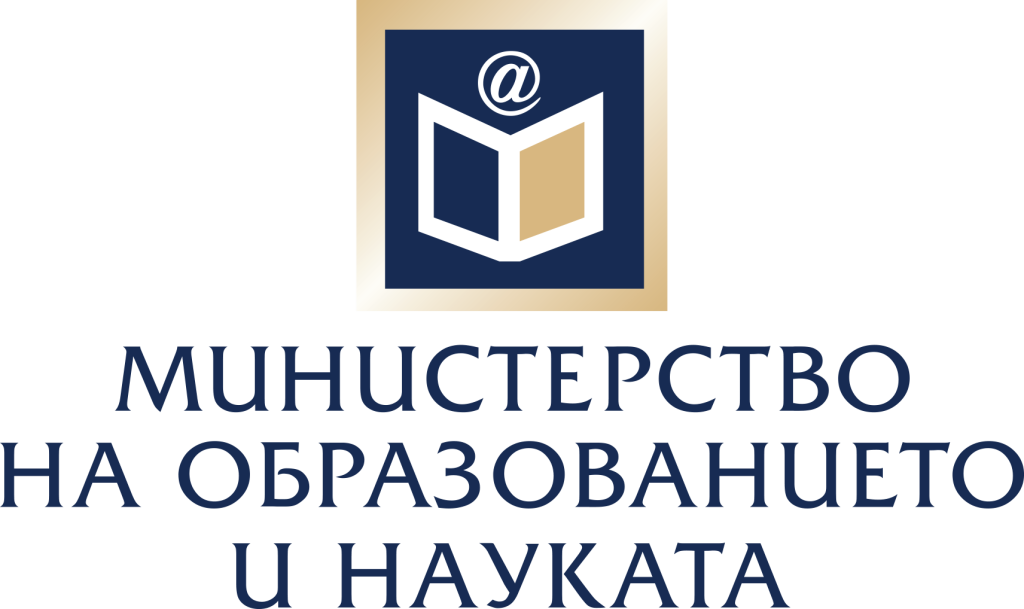Assoc. Prof. Dr. Desislava Grabcheva talked about smart textiles and the future of the textile industry in an interview for BTA
21.06.2024
Assoc. Prof. Dr. Desislava Grabcheva from the Department of “Textiles, Leather and Fuels” at the University of Chemical Technology and Metallurgy talked in an interview for BTA about some of the developments of scientists from UCTM, which await the interest of business in order to reach the market. The occasion for the interview was the business discussion held earlier that day on the topic “Intelligent Textiles”, at which Assoc. Prof. Grabcheva was a lecturer.
Scientists from the Department of “Textiles, Leather and Fuels” of UCTM are now focused on medical textiles – wound bandages who help the process of monitoring and treatment of wounds. The aim is not simply to excrete the biologically active substance (the medicine), but to do so in the required concentration when necessary, explained the scientist.
In the recent years, the University has been working on the creation of textile materials with ecological applications that absorb various substances such as spills of oil and oil products. Scientists are also working on the problem of dyes that are released during the dyeing process of textile materials. When dyeing a fabric using classical methods, about 50 percent of the dye is released, i.e. it does not react with the material, but remains in the waste water, the scientist said. She added that scientists work to create technologies for the complete absorption of dyes when dyeing textile materials, as well as on the complete purification of waste water, which will have a positive effect on the environment.
Bulgarian scientists already include various zinc oxide nanoparticles and silver nanoparticles in the textile materials in order to create an antimicrobial fabric. “We have already developed not only antibacterial, but also antiviral textiles, which, in addition to protective masks, are also used for the clothing of doctors, hospital underwear, etc.”, said Assoc. Prof. Dr. Desislava Grabcheva.
You can read more about the future of smart textiles, the applications of smart fabrics and the European standard for the certification of smart textile products in the full interview of Assoc. Dr. Desislava Grabcheva in front of BTA here.
21.06.2024
Assoc. Prof. Dr. Desislava Grabcheva from the Department of “Textiles, Leather and Fuels” at the University of Chemical Technology and Metallurgy talked in an interview for BTA about some of the developments of scientists from UCTM, which await the interest of business in order to reach the market. The occasion for the interview was the business discussion held earlier that day on the topic “Intelligent Textiles”, at which Assoc. Prof. Grabcheva was a lecturer.
Scientists from the Department of “Textiles, Leather and Fuels” of UCTM are now focused on medical textiles – wound bandages who help the process of monitoring and treatment of wounds. The aim is not simply to excrete the biologically active substance (the medicine), but to do so in the required concentration when necessary, explained the scientist.
In the recent years, the University has been working on the creation of textile materials with ecological applications that absorb various substances such as spills of oil and oil products. Scientists are also working on the problem of dyes that are released during the dyeing process of textile materials. When dyeing a fabric using classical methods, about 50 percent of the dye is released, i.e. it does not react with the material, but remains in the waste water, the scientist said. She added that scientists work to create technologies for the complete absorption of dyes when dyeing textile materials, as well as on the complete purification of waste water, which will have a positive effect on the environment.
Bulgarian scientists already include various zinc oxide nanoparticles and silver nanoparticles in the textile materials in order to create an antimicrobial fabric. “We have already developed not only antibacterial, but also antiviral textiles, which, in addition to protective masks, are also used for the clothing of doctors, hospital underwear, etc.”, said Assoc. Prof. Dr. Desislava Grabcheva.
You can read more about the future of smart textiles, the applications of smart fabrics and the European standard for the certification of smart textile products in the full interview of Assoc. Dr. Desislava Grabcheva in front of BTA here.

